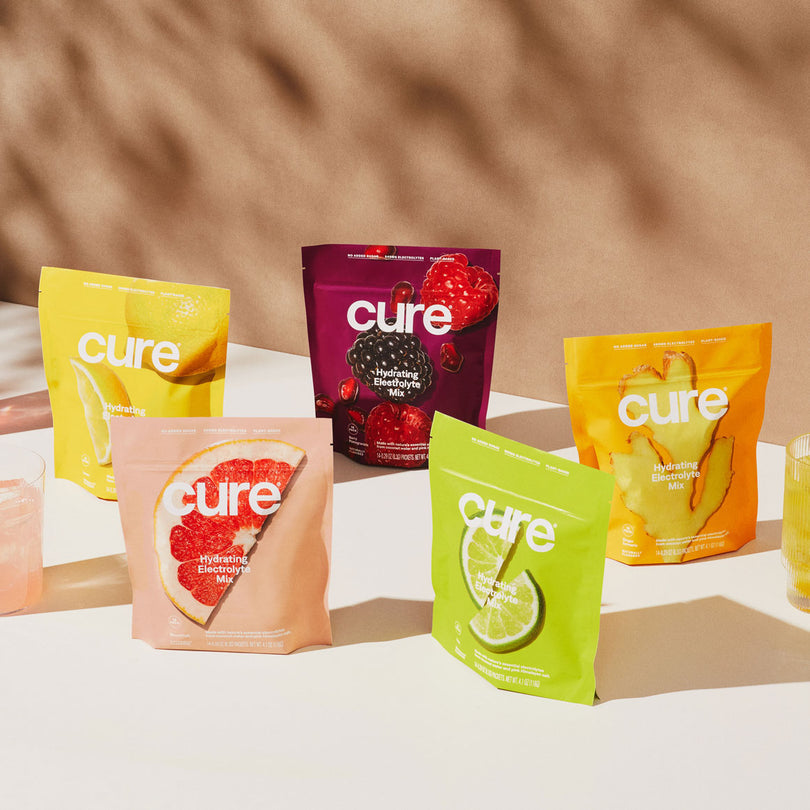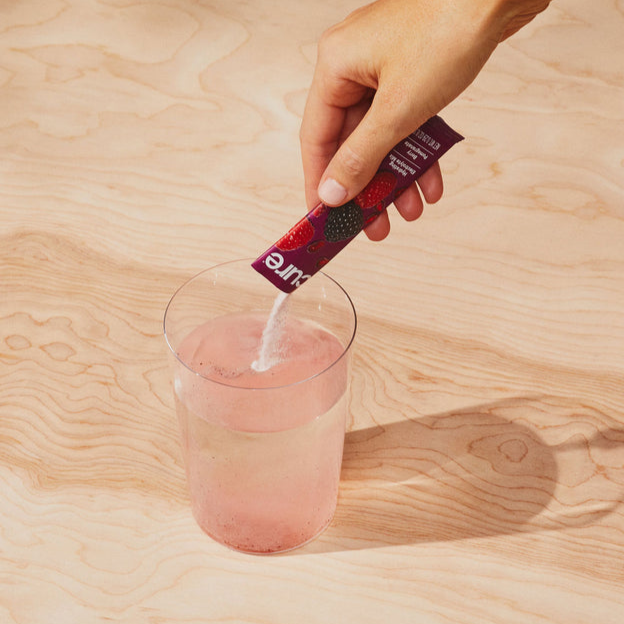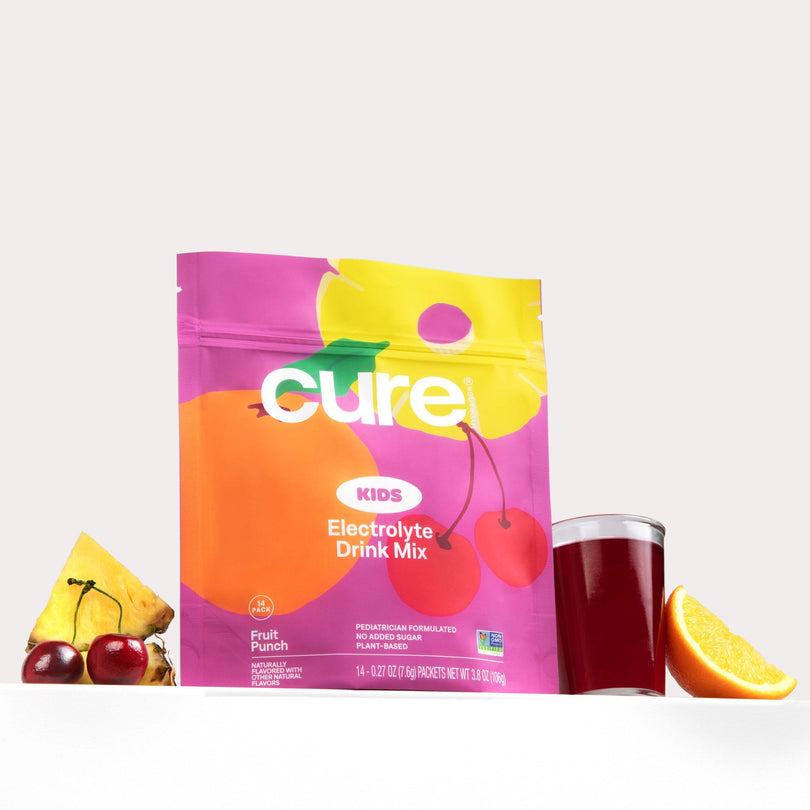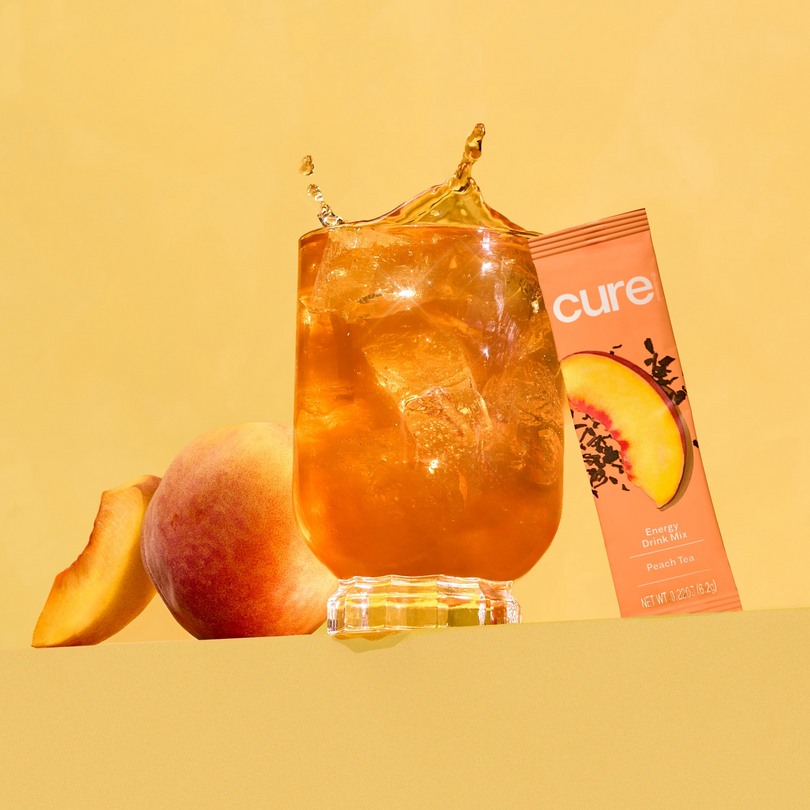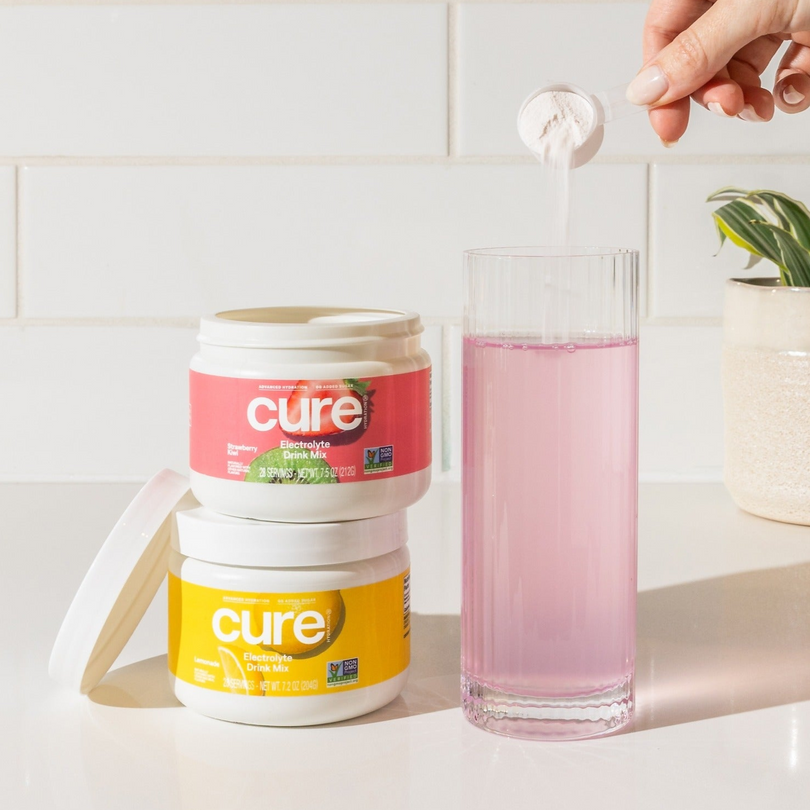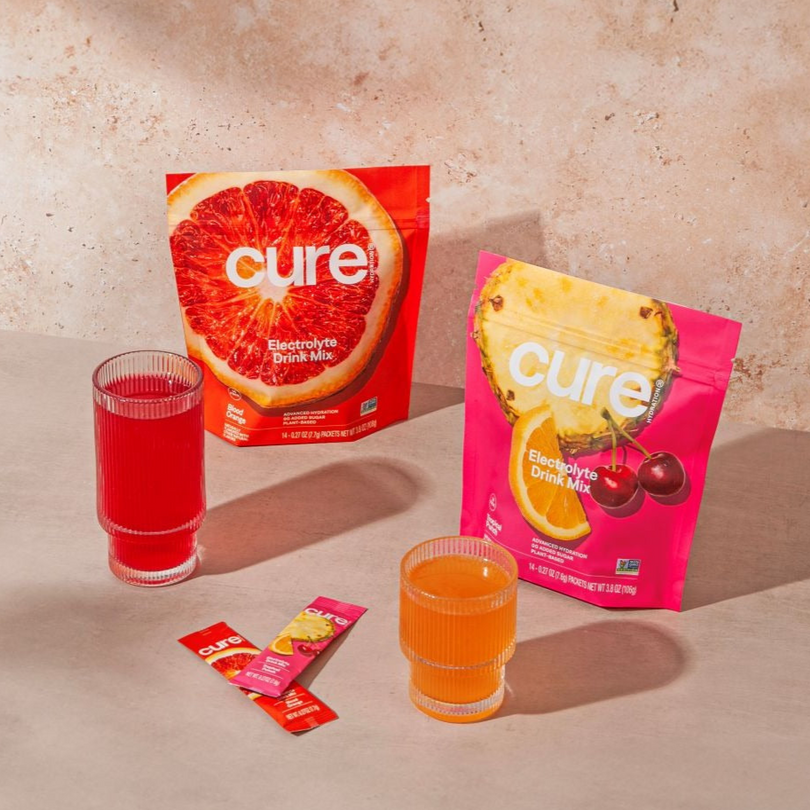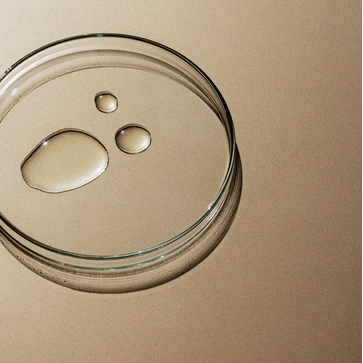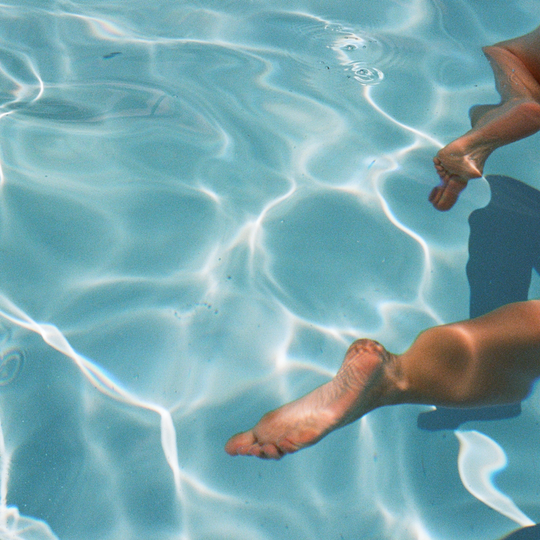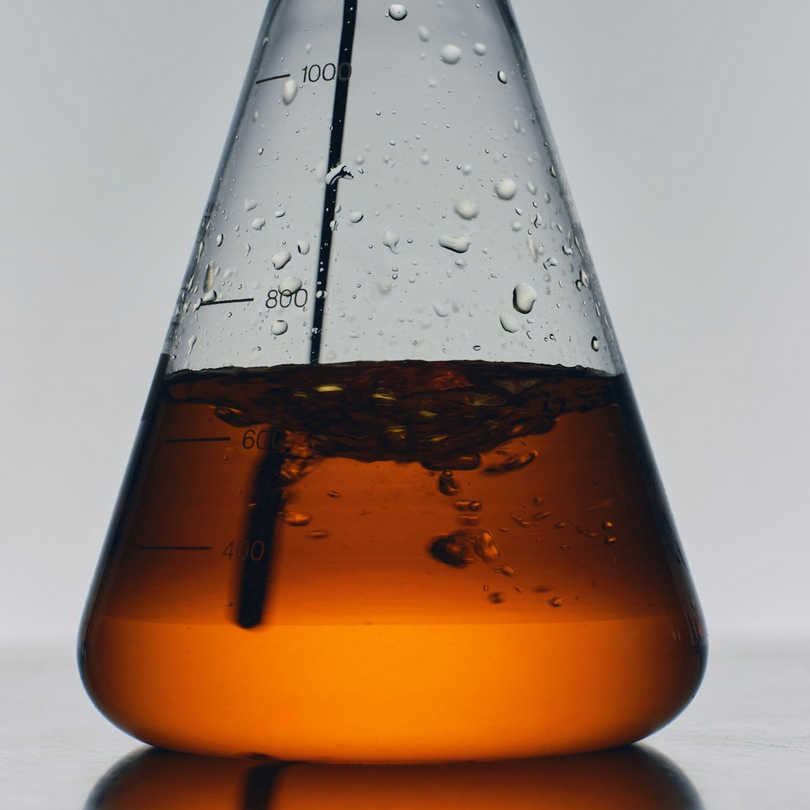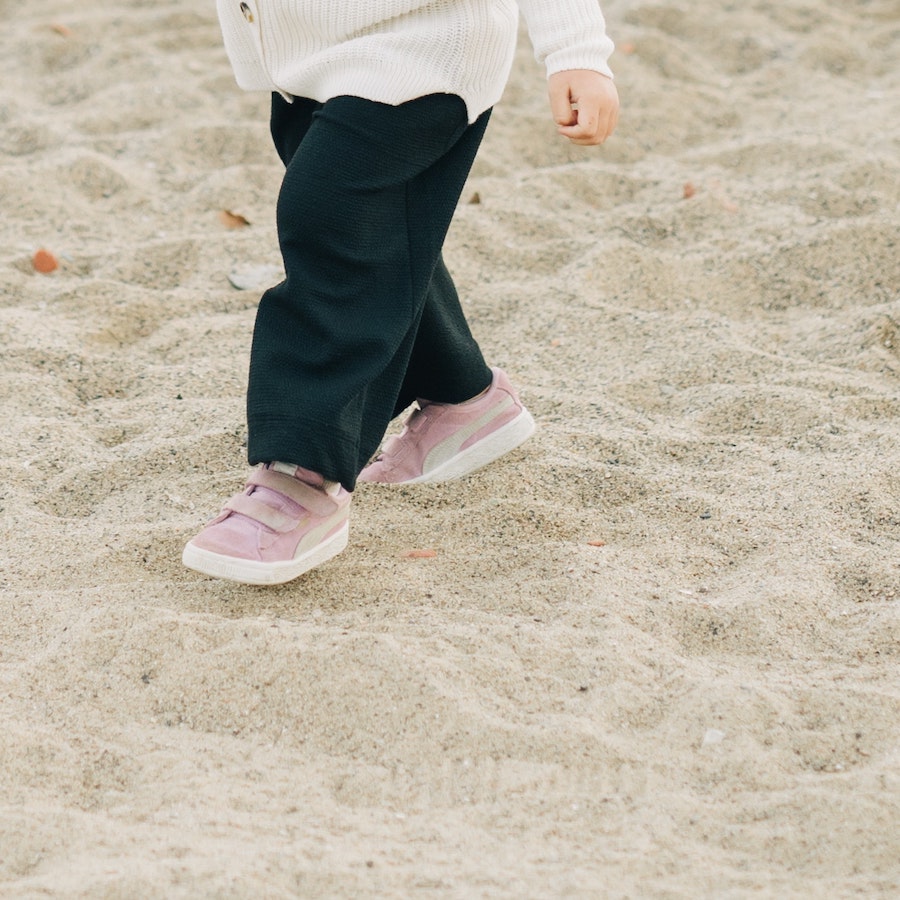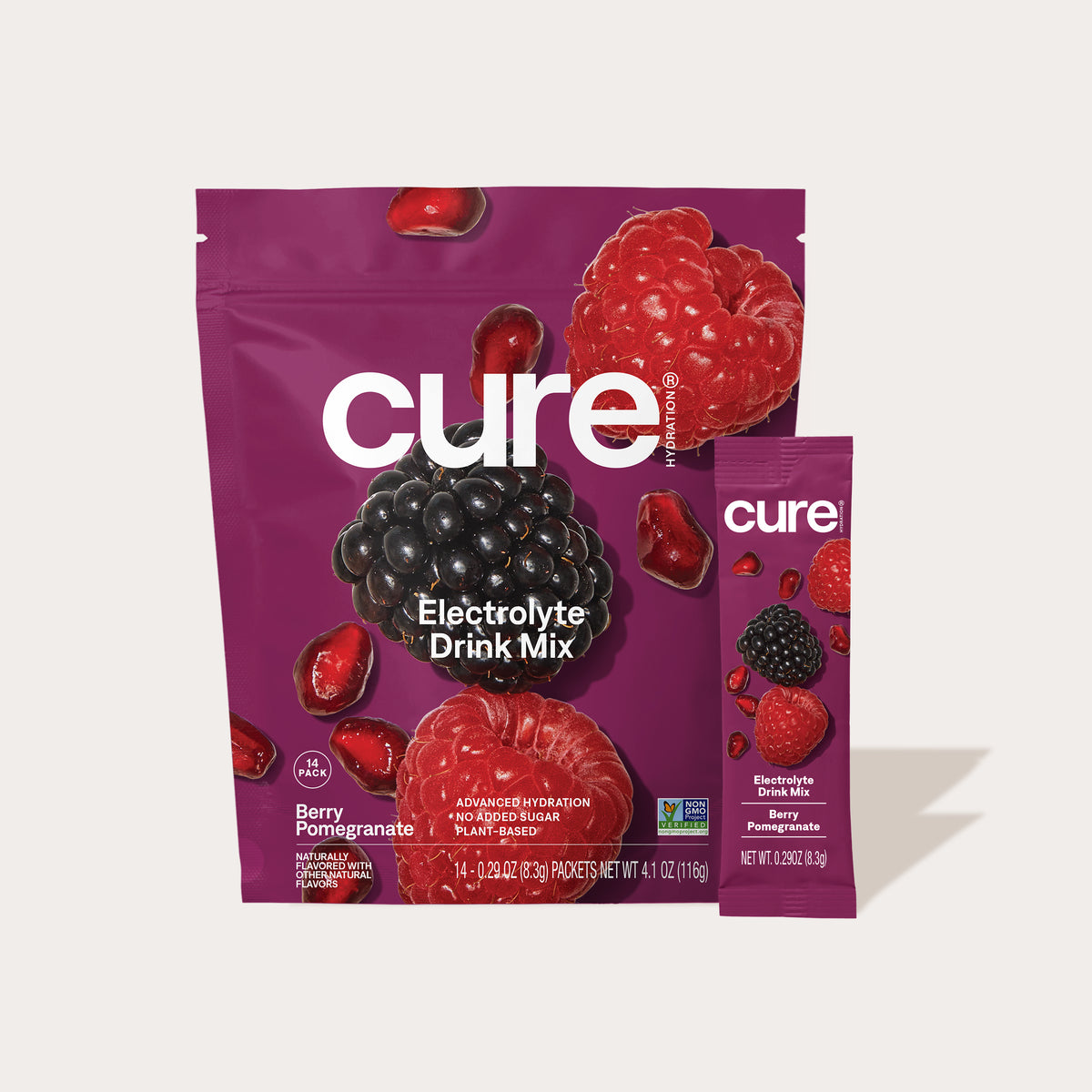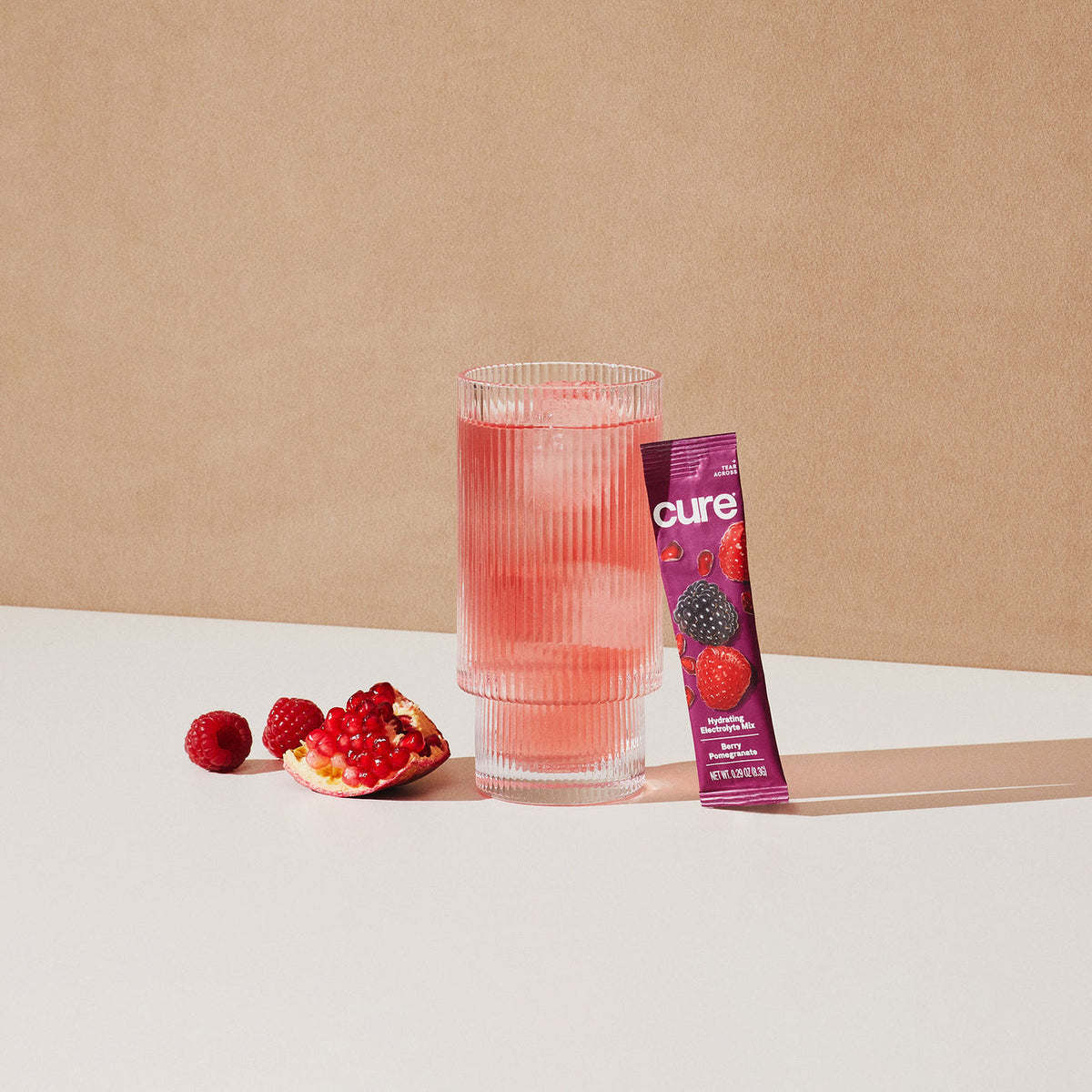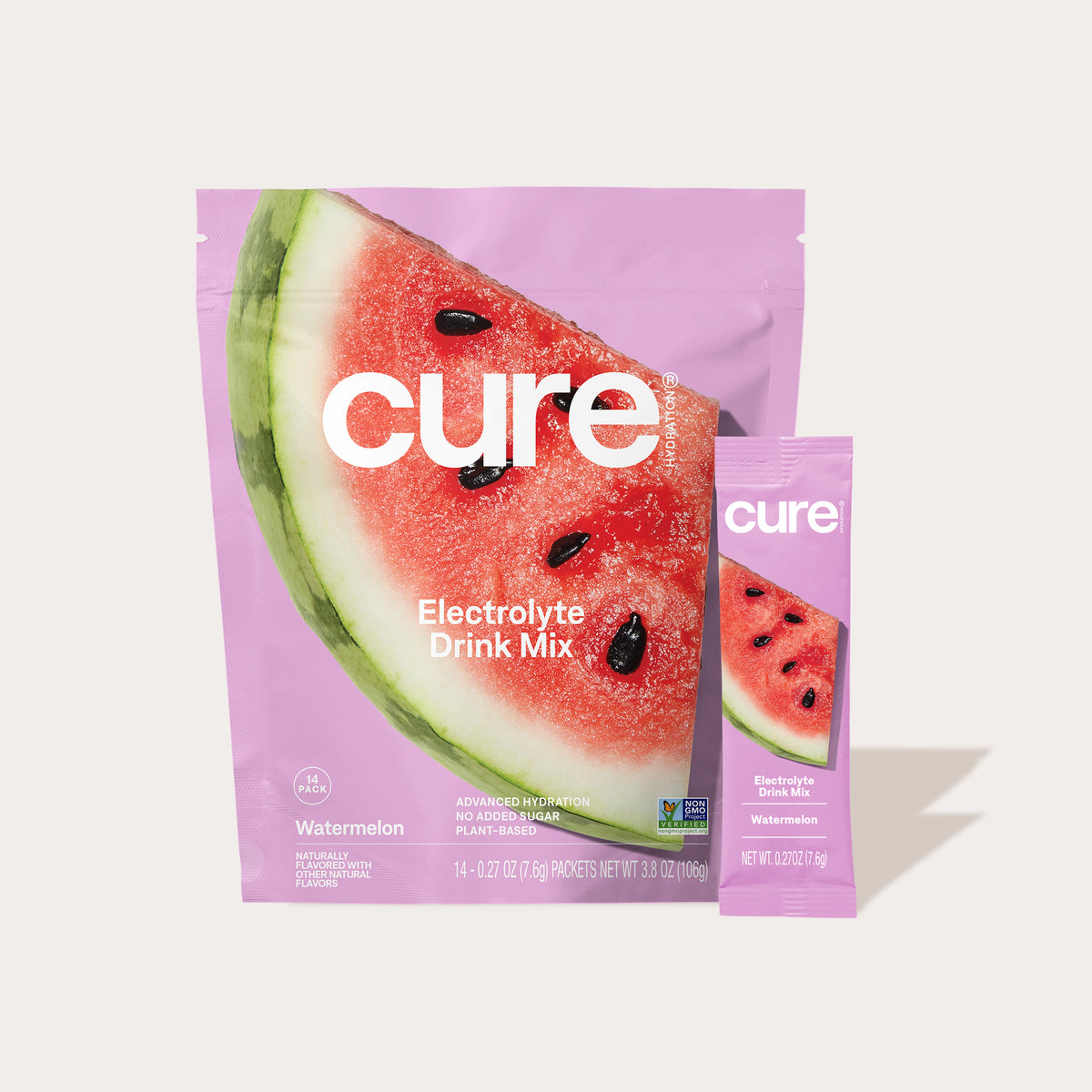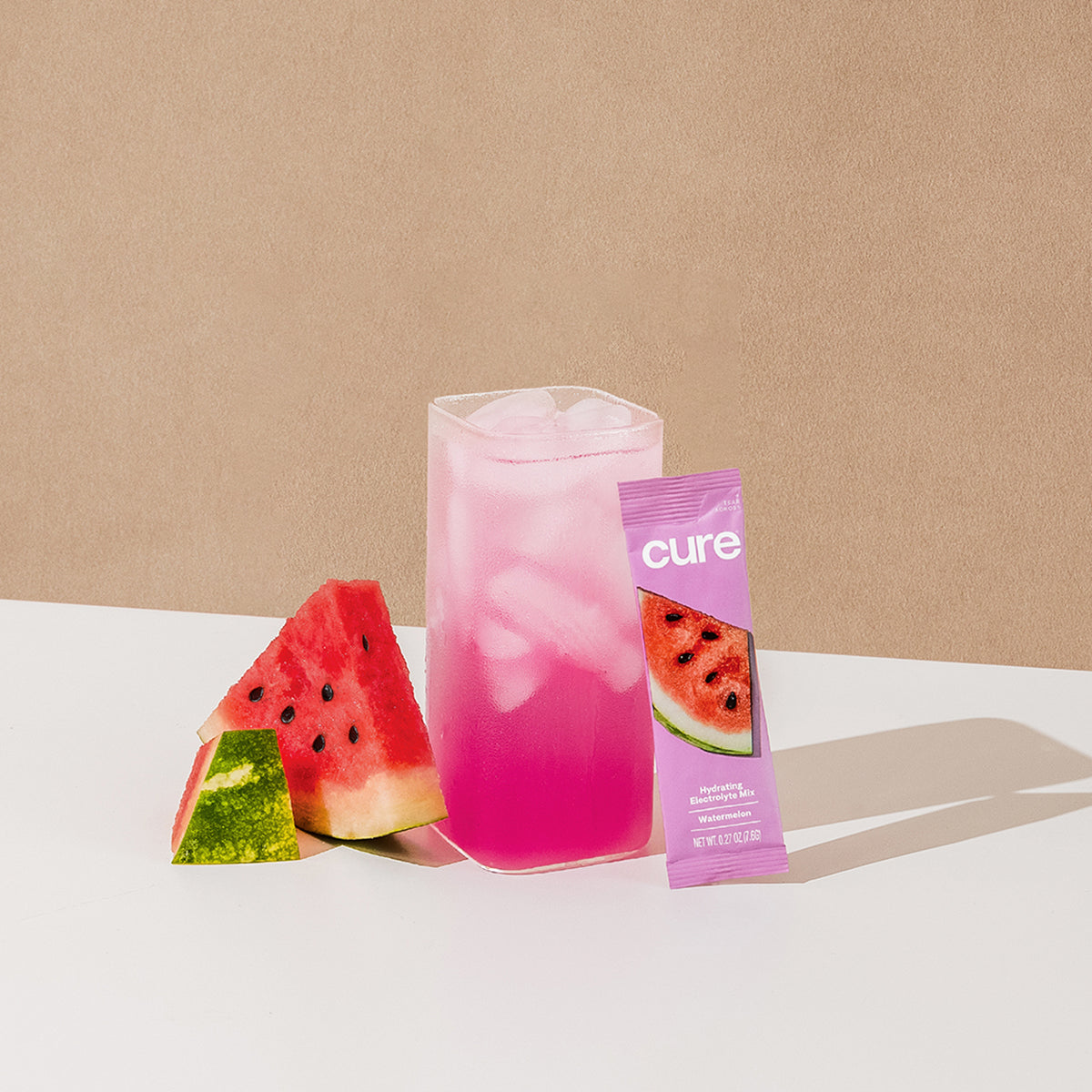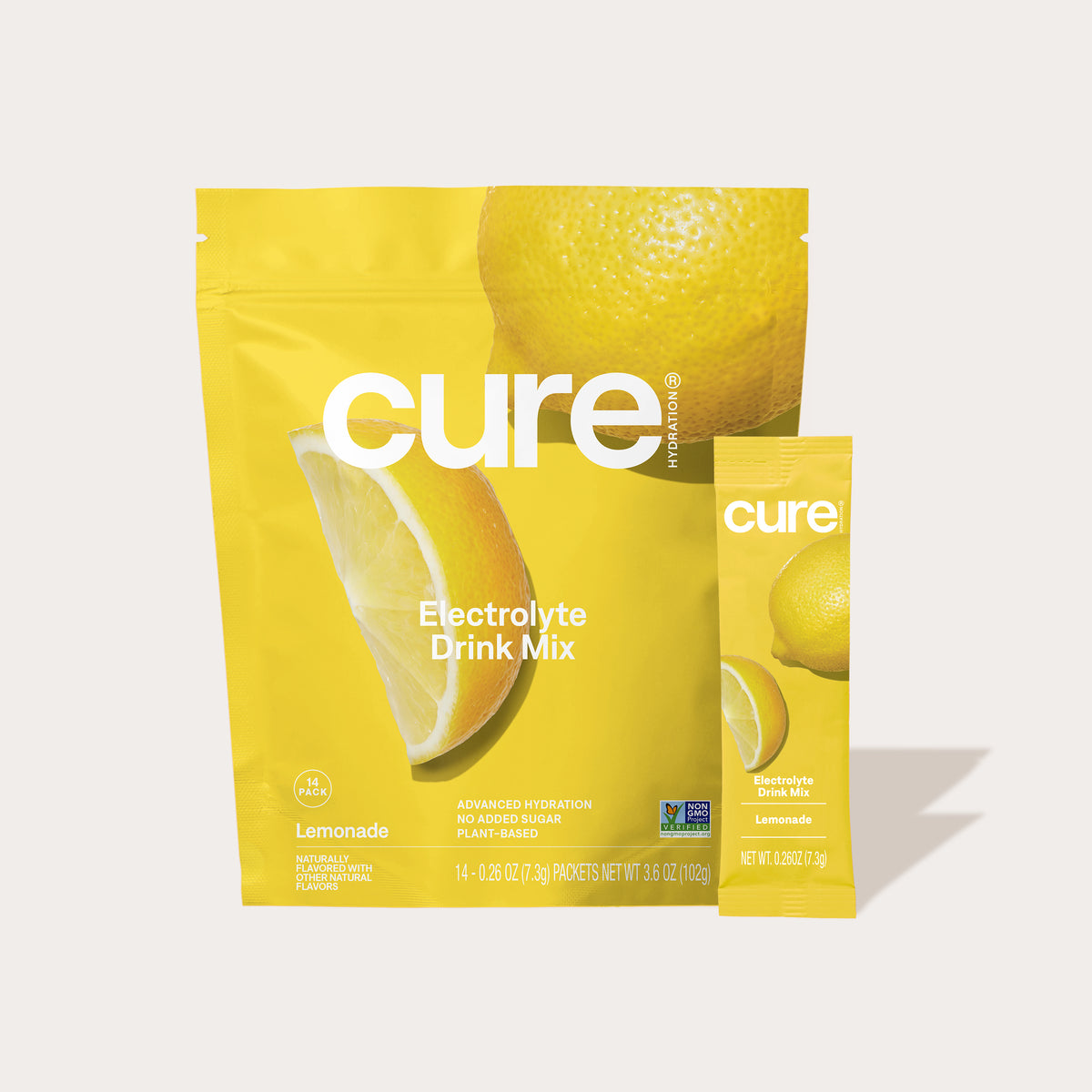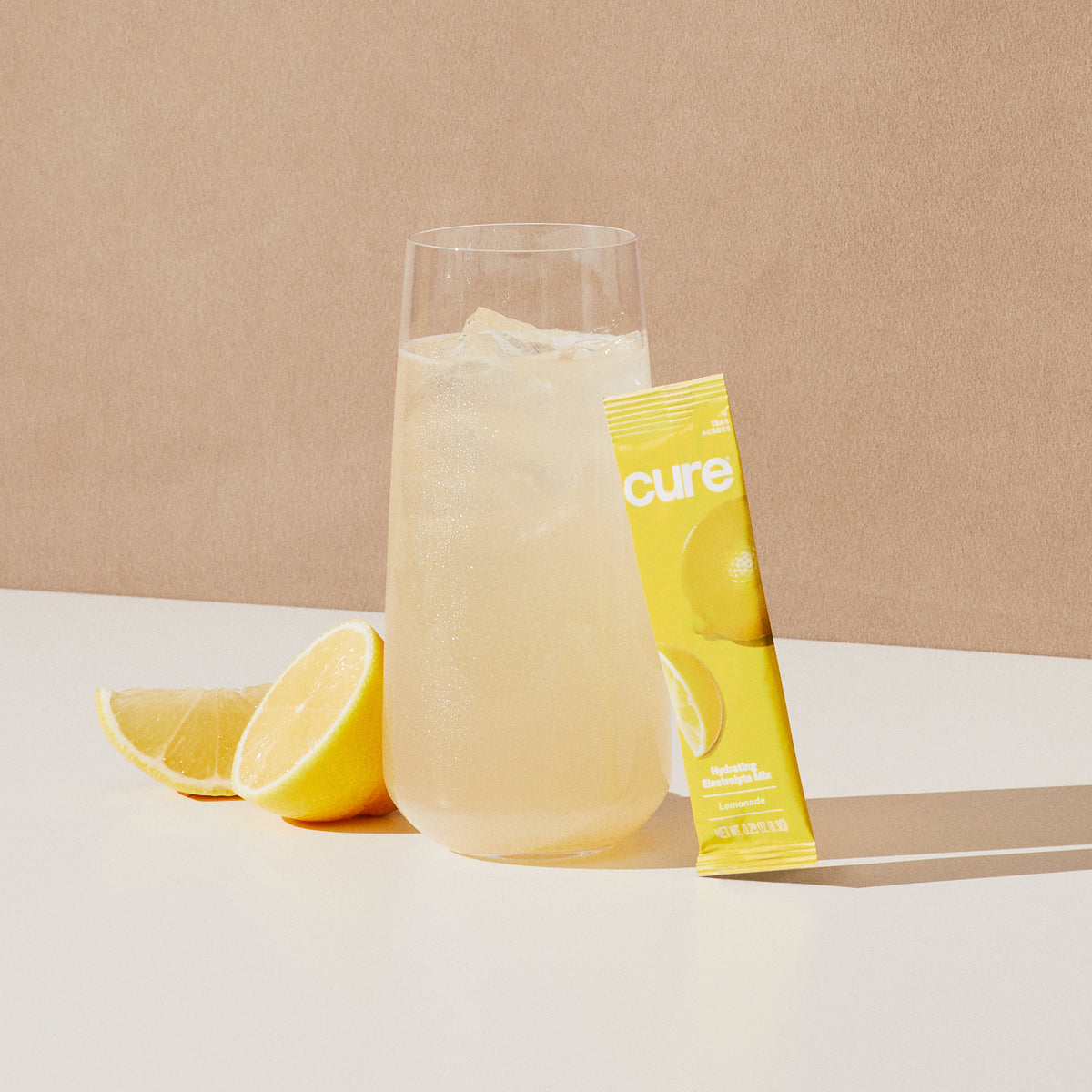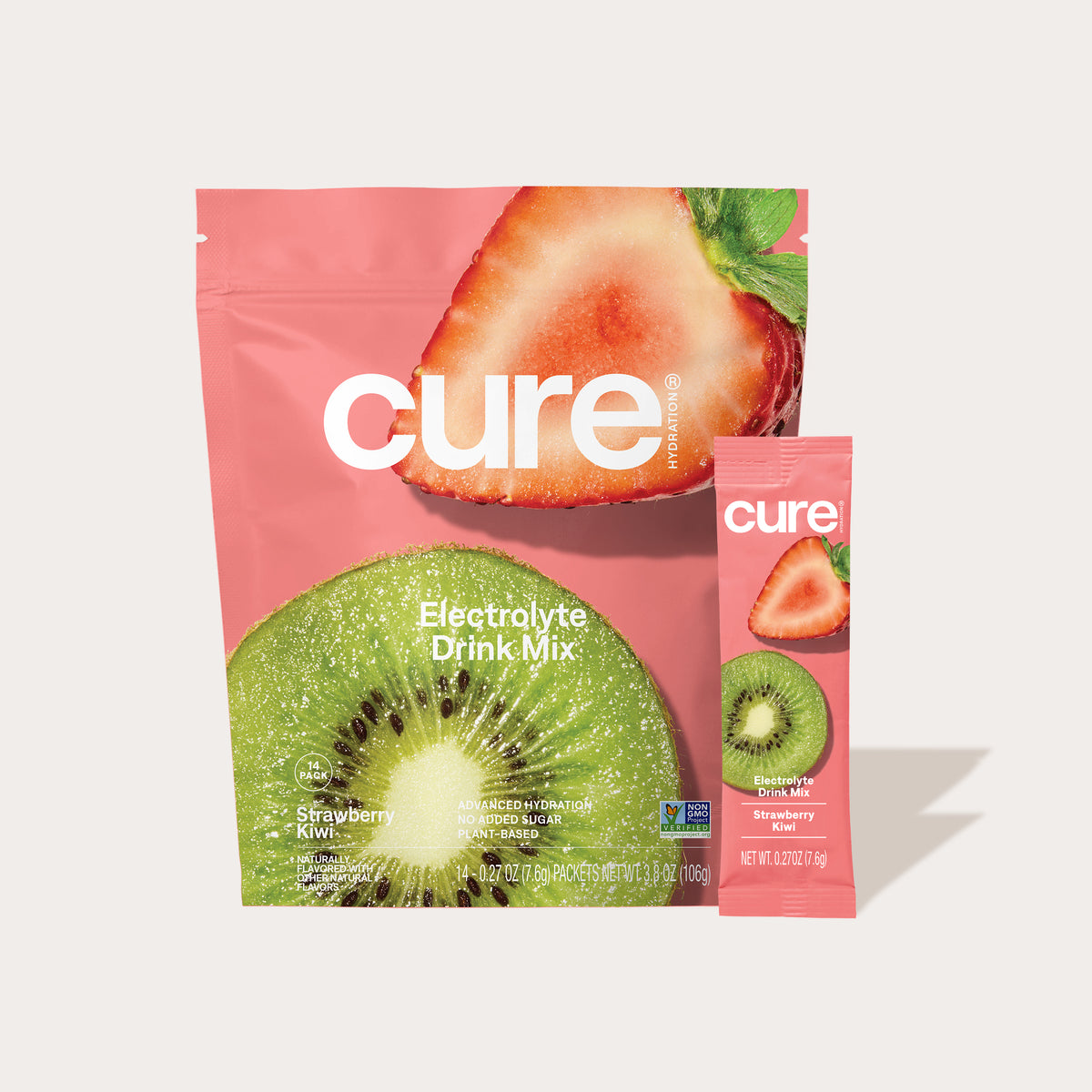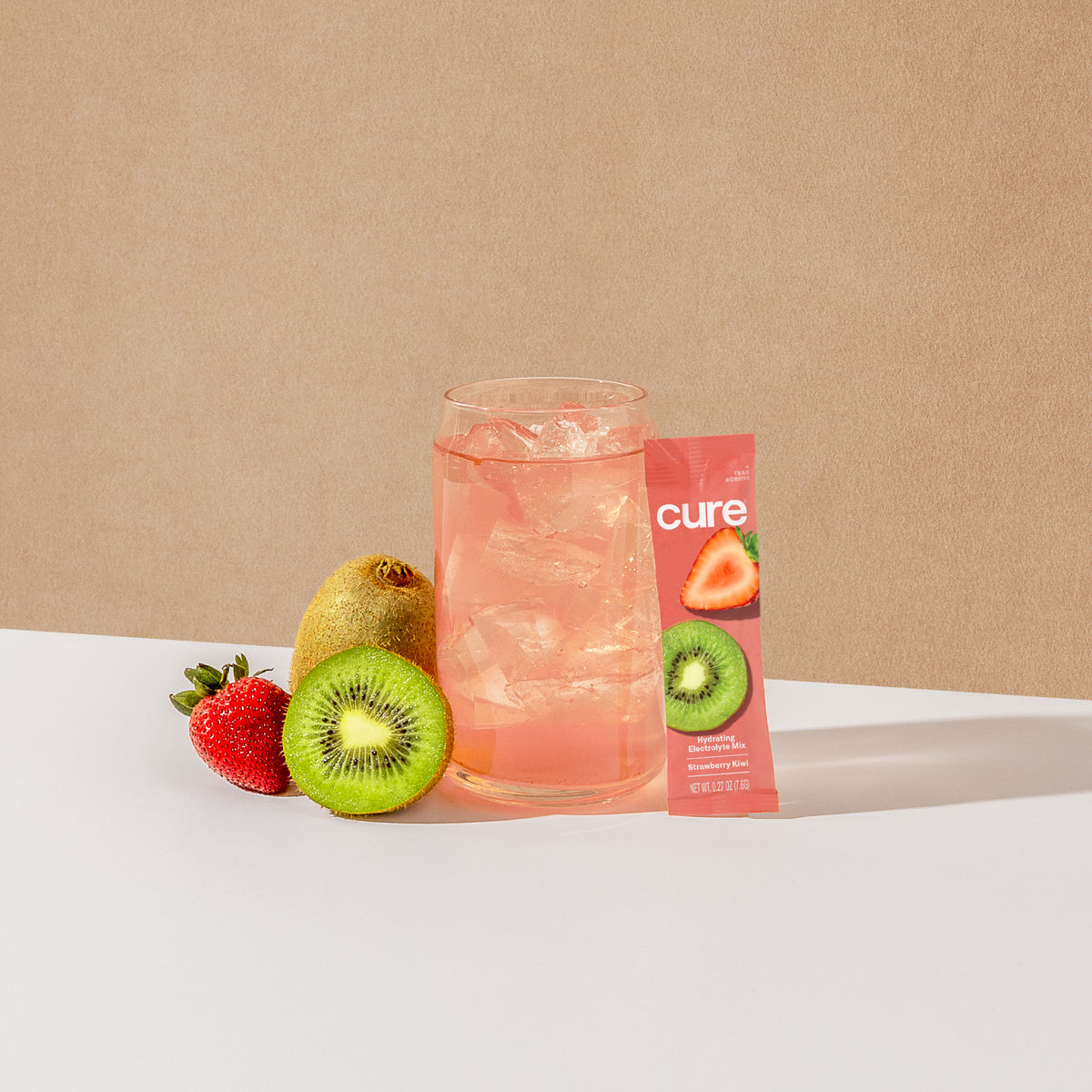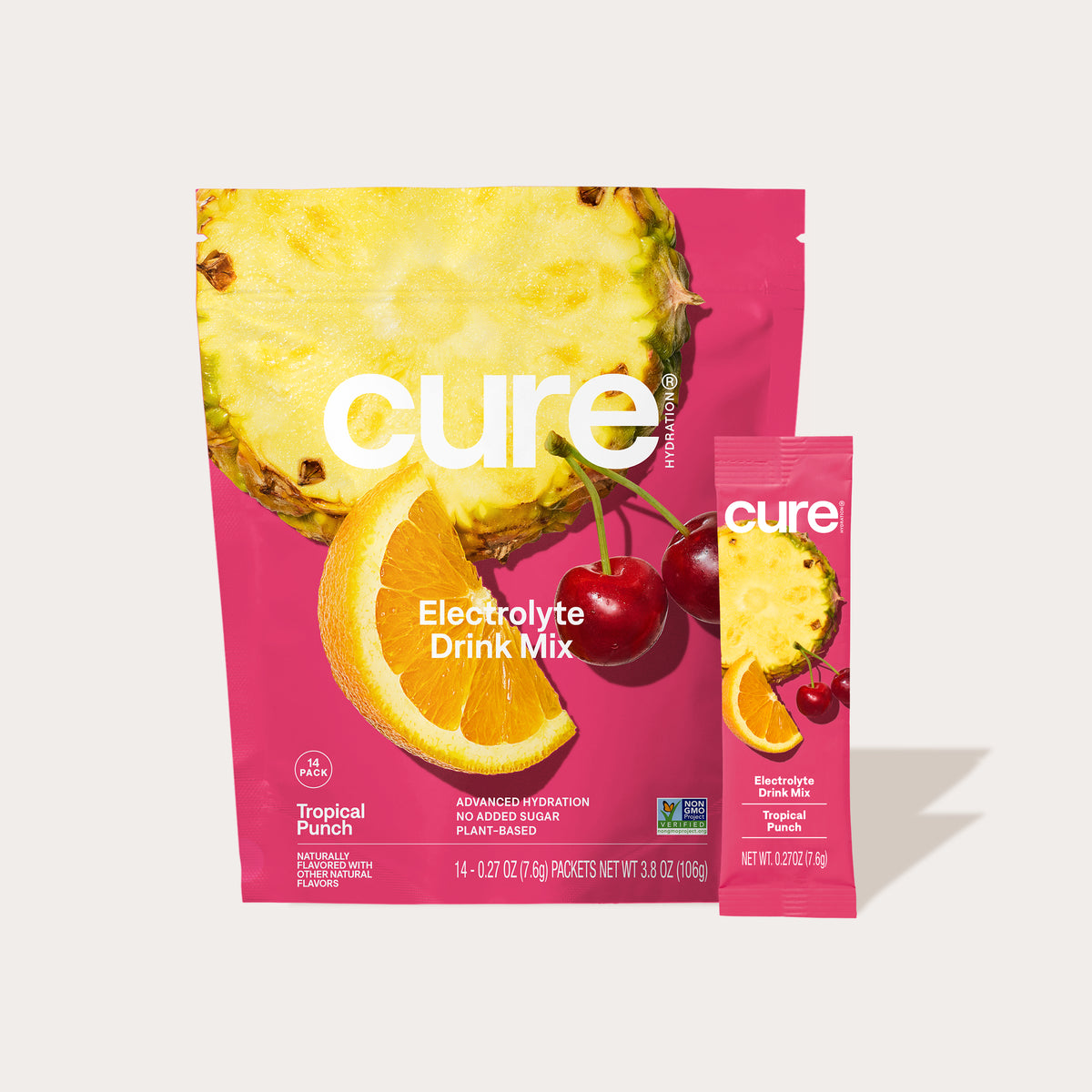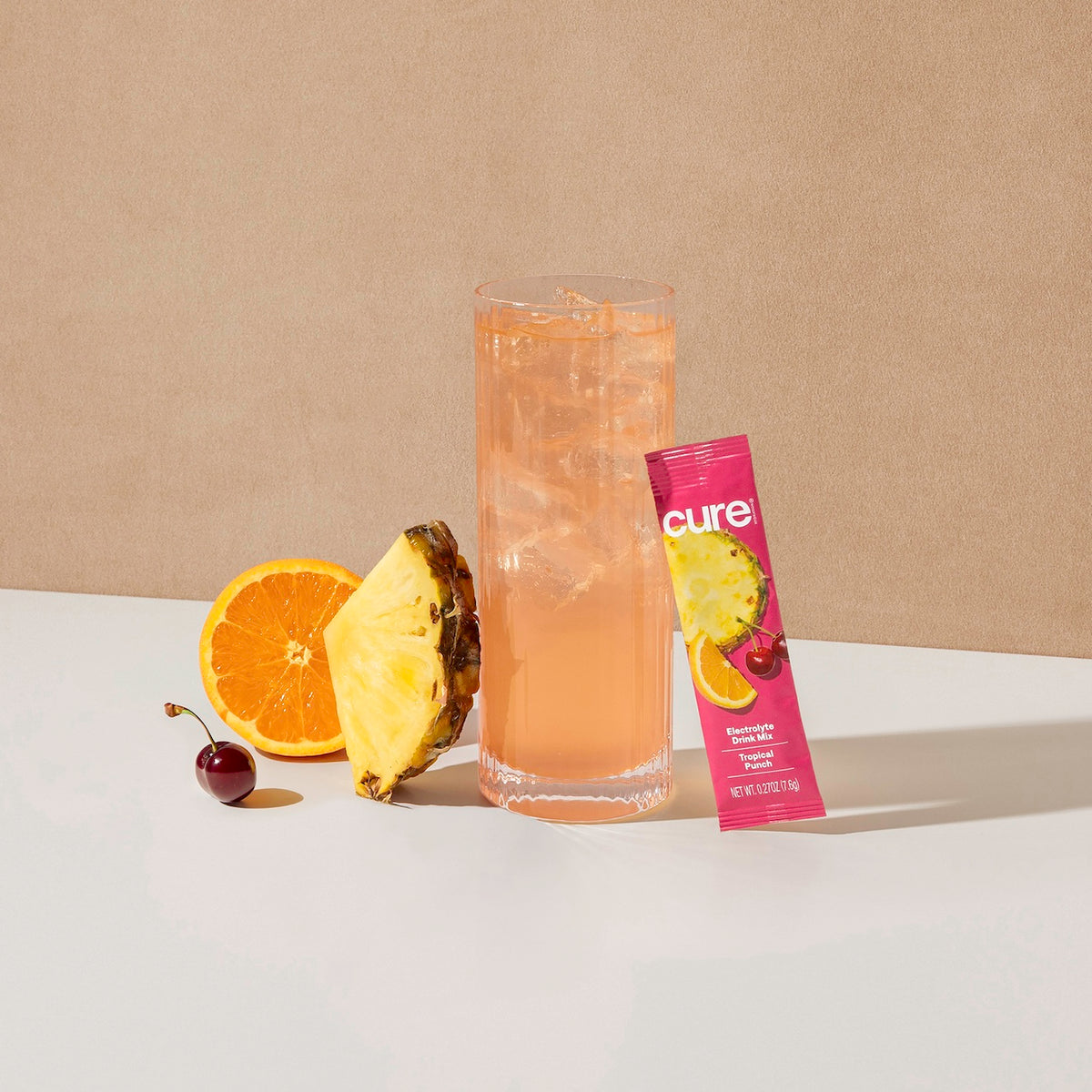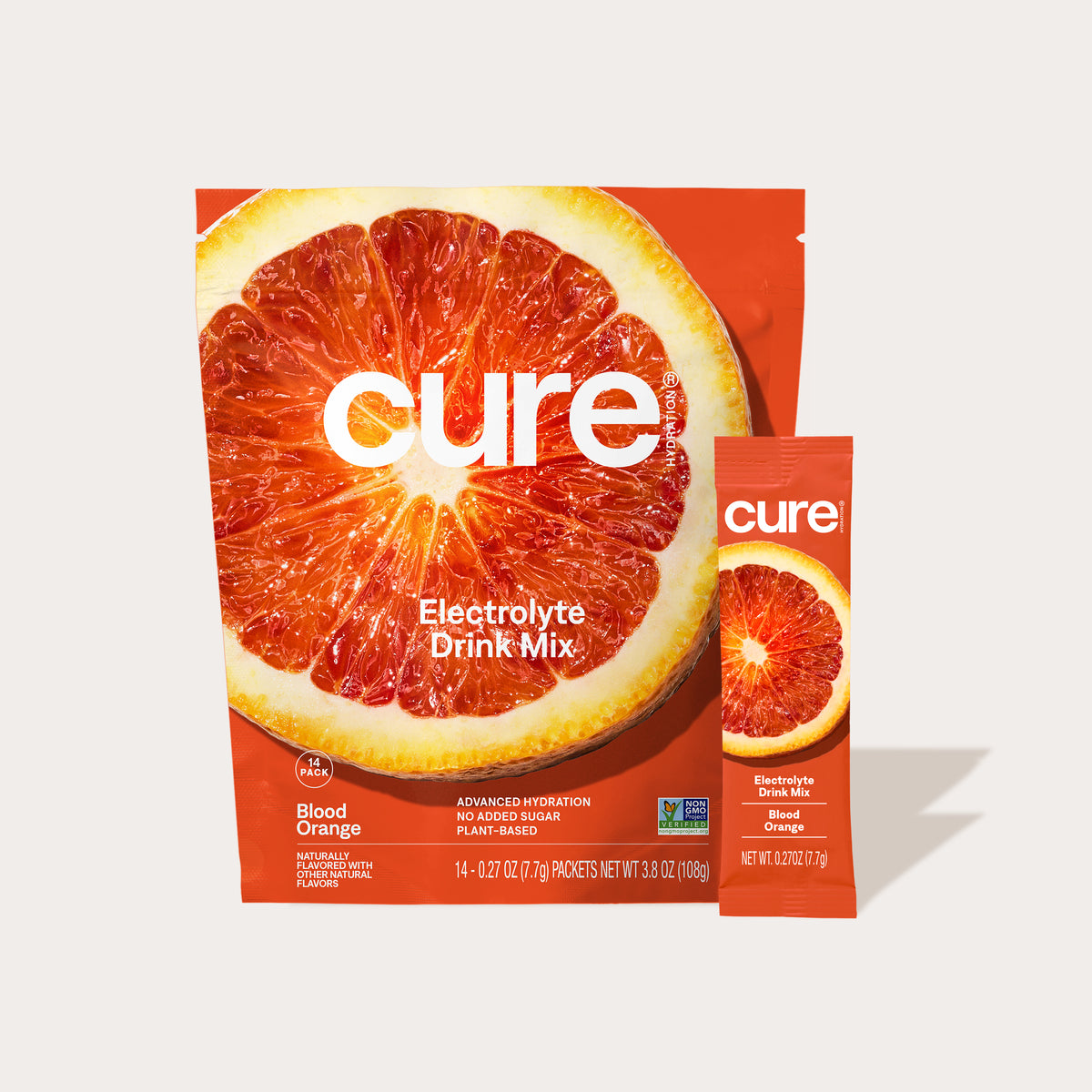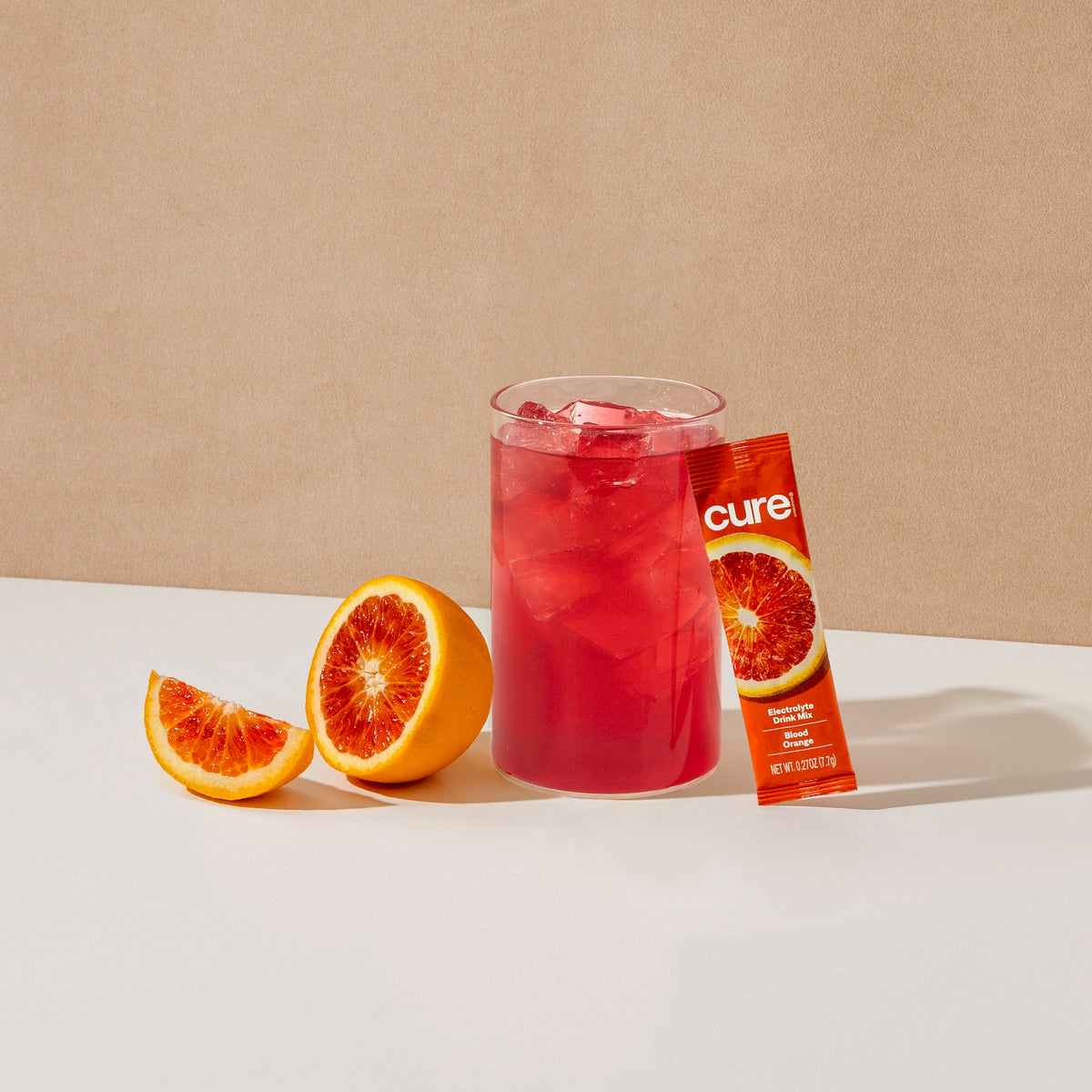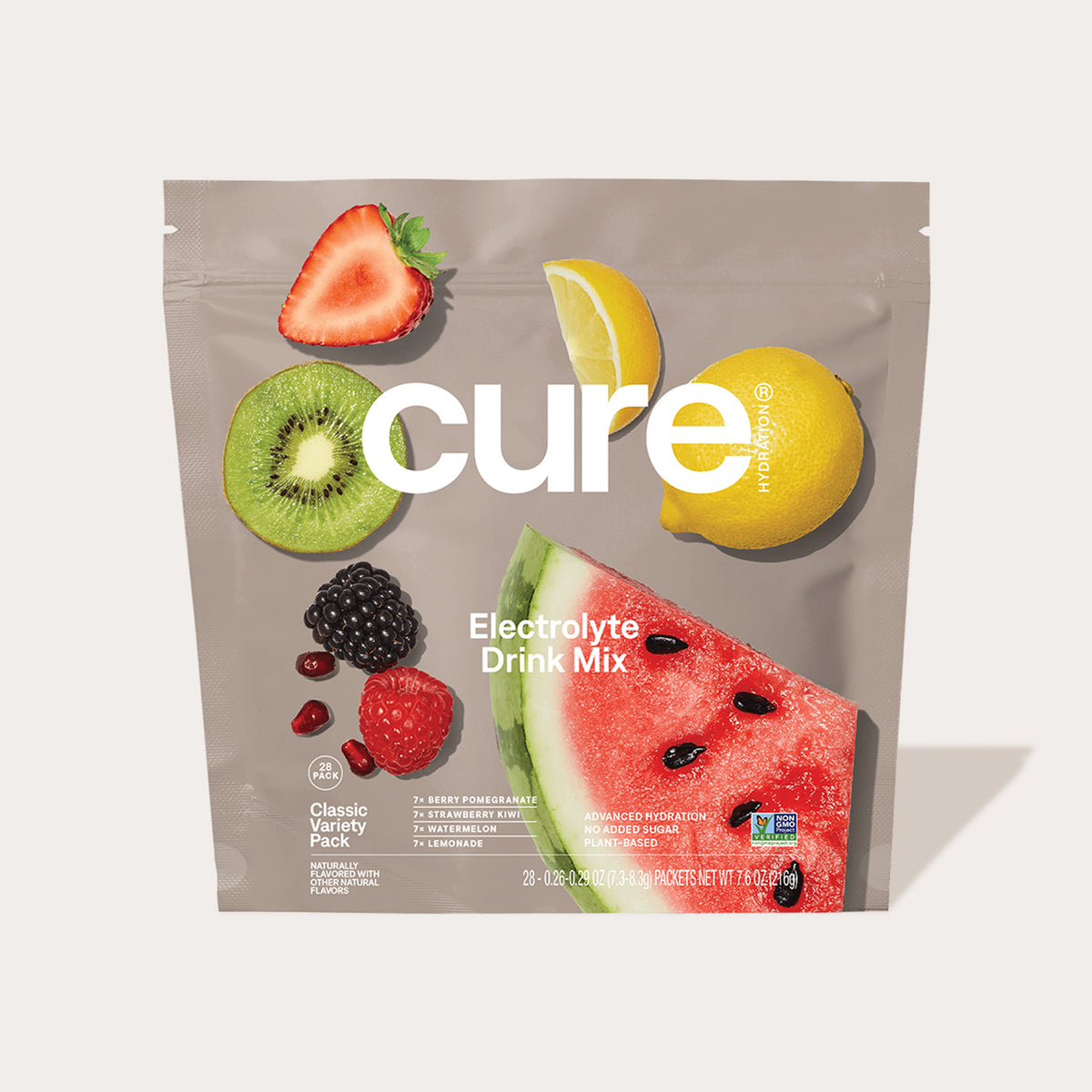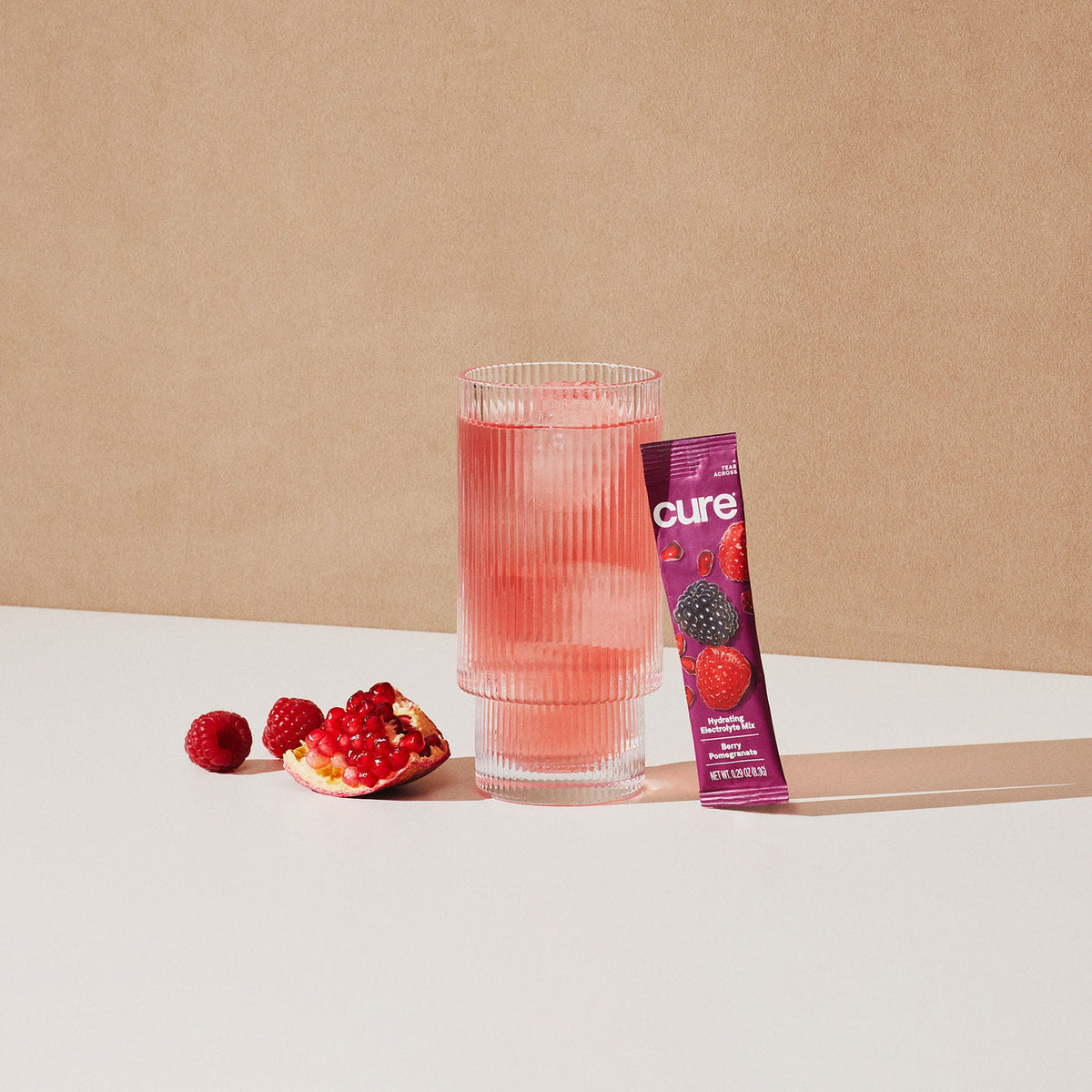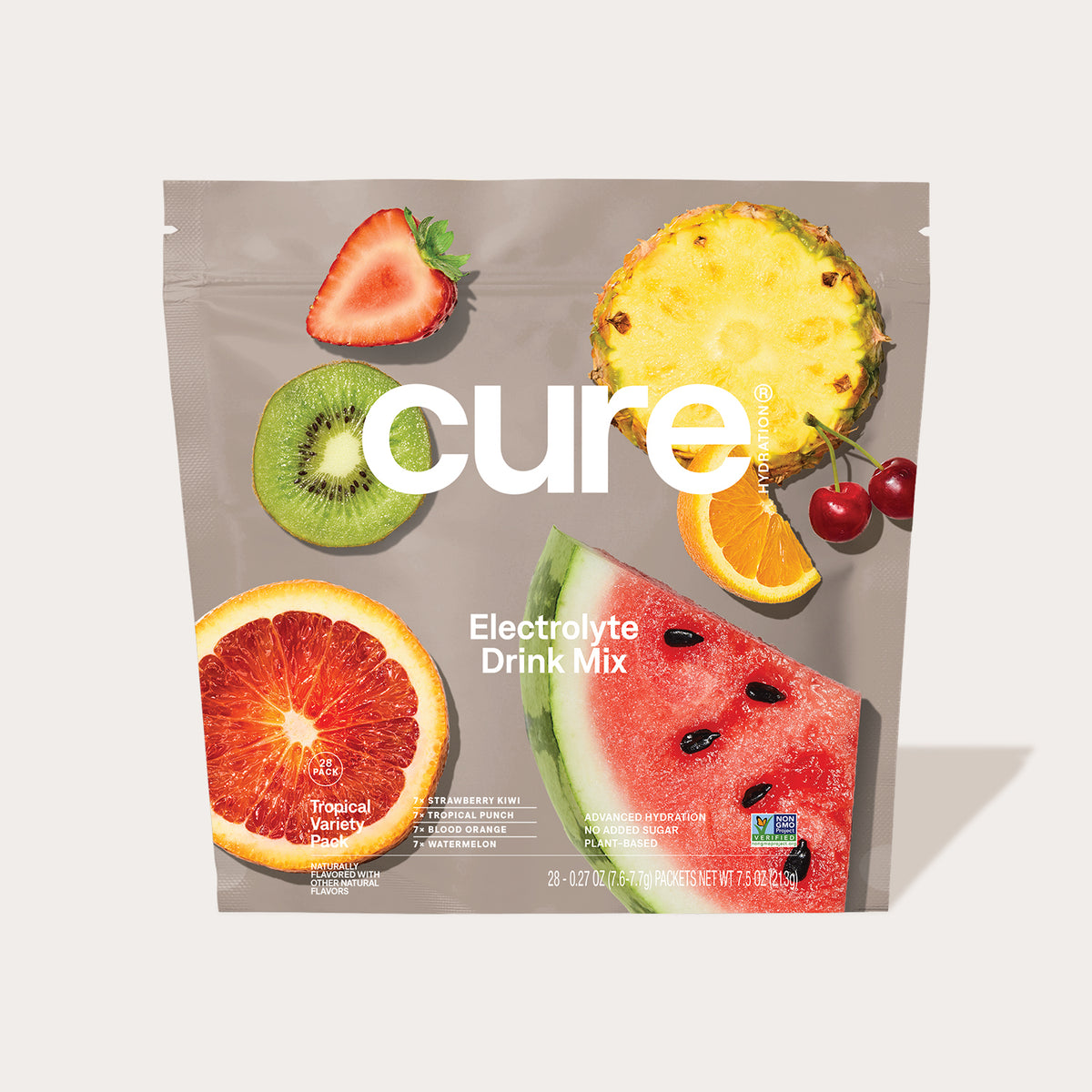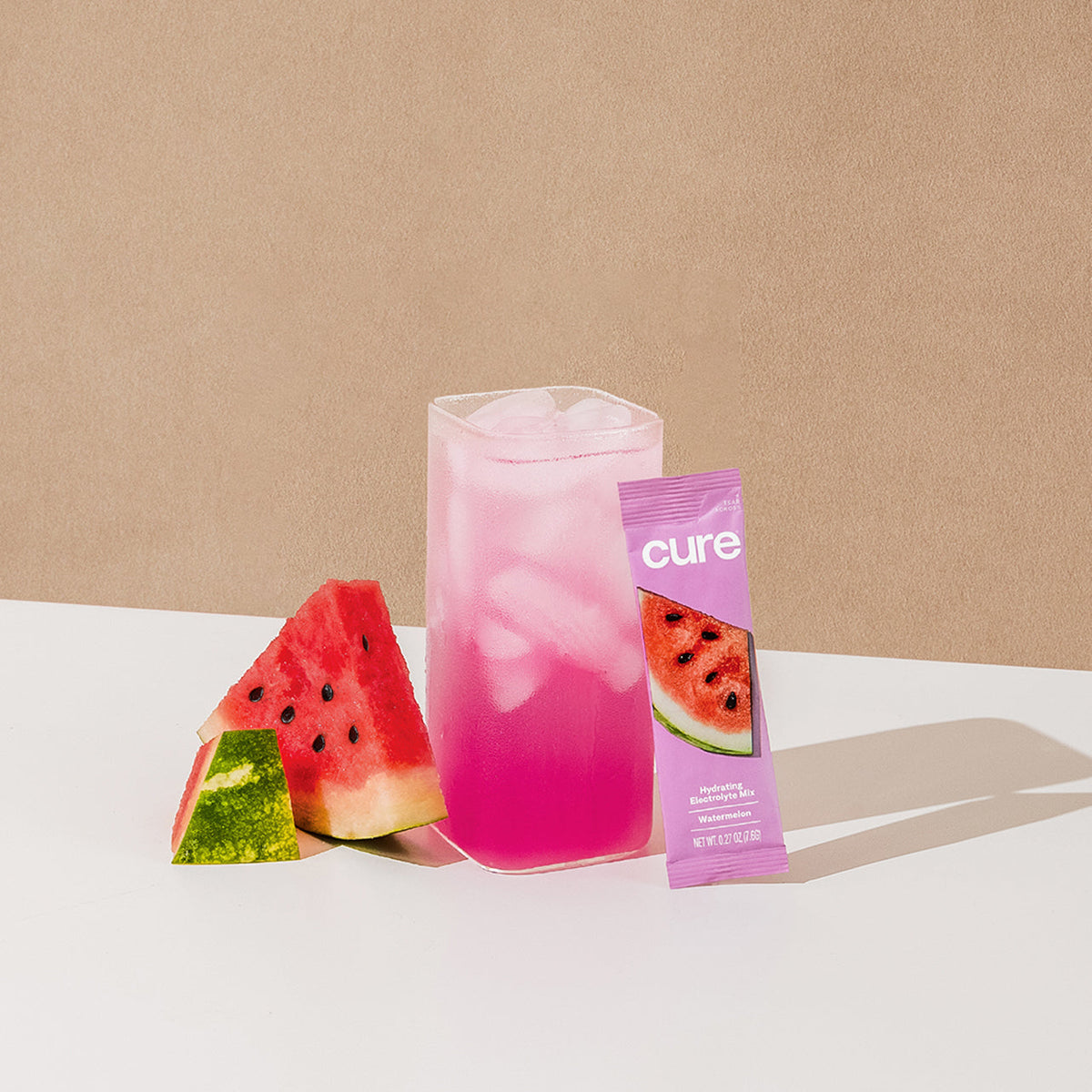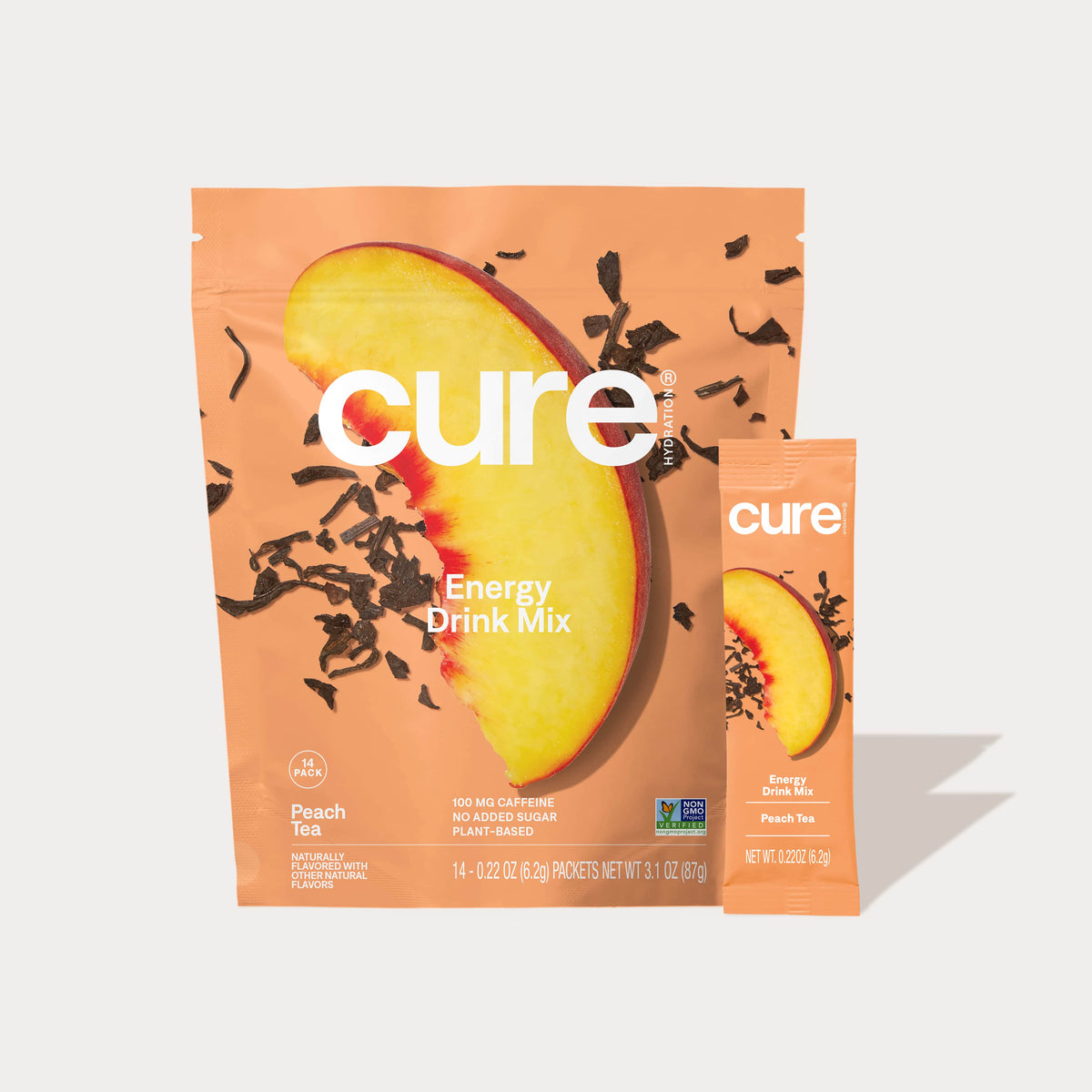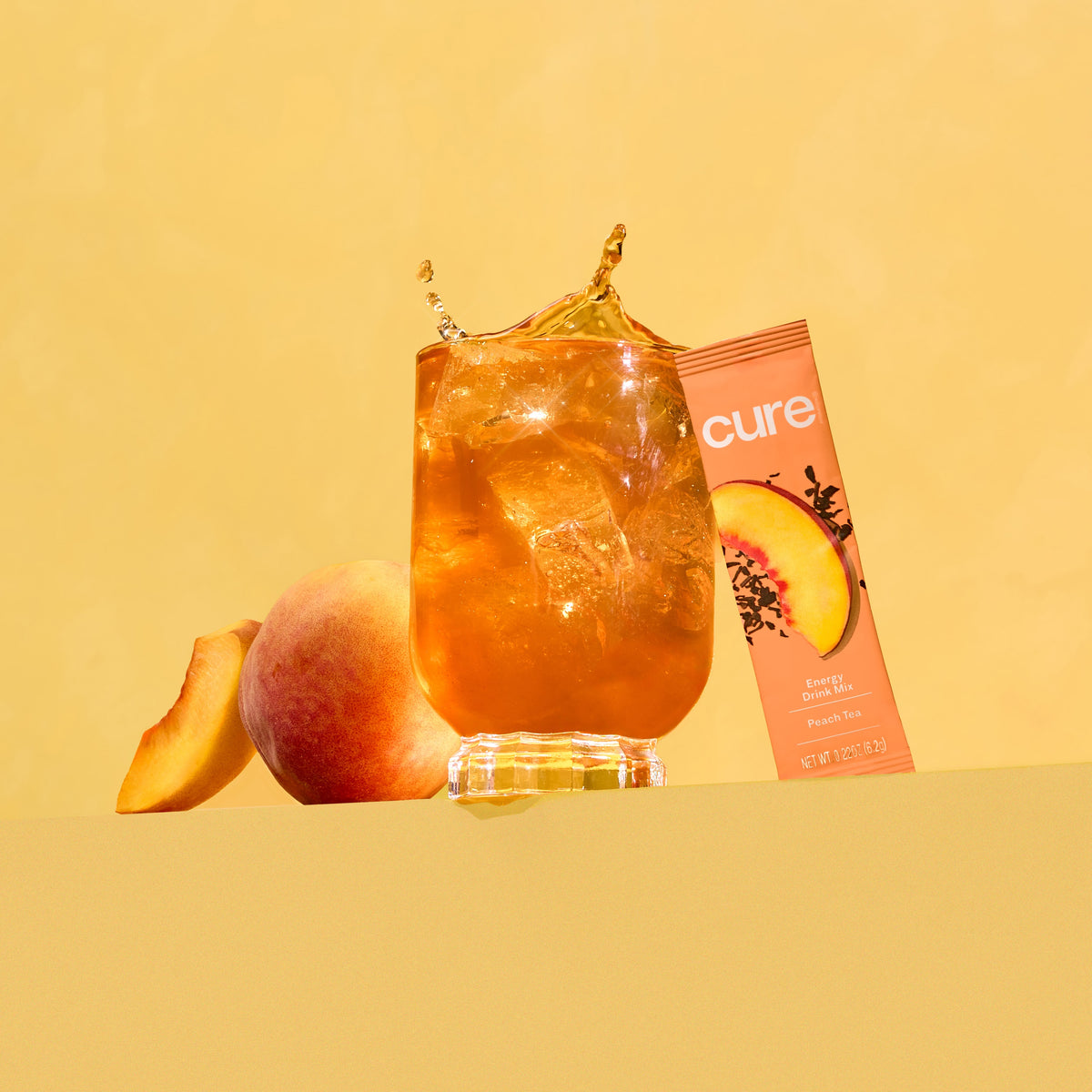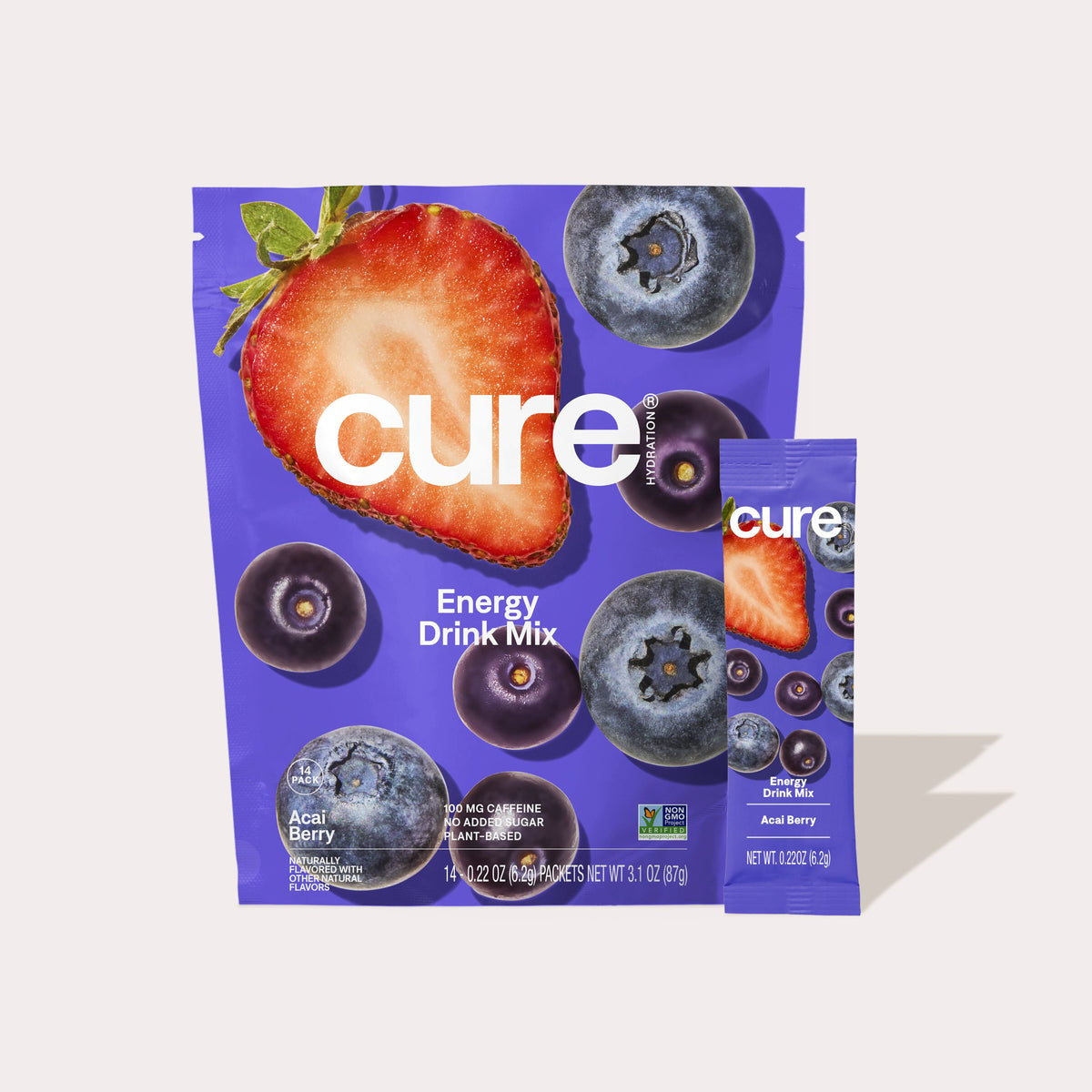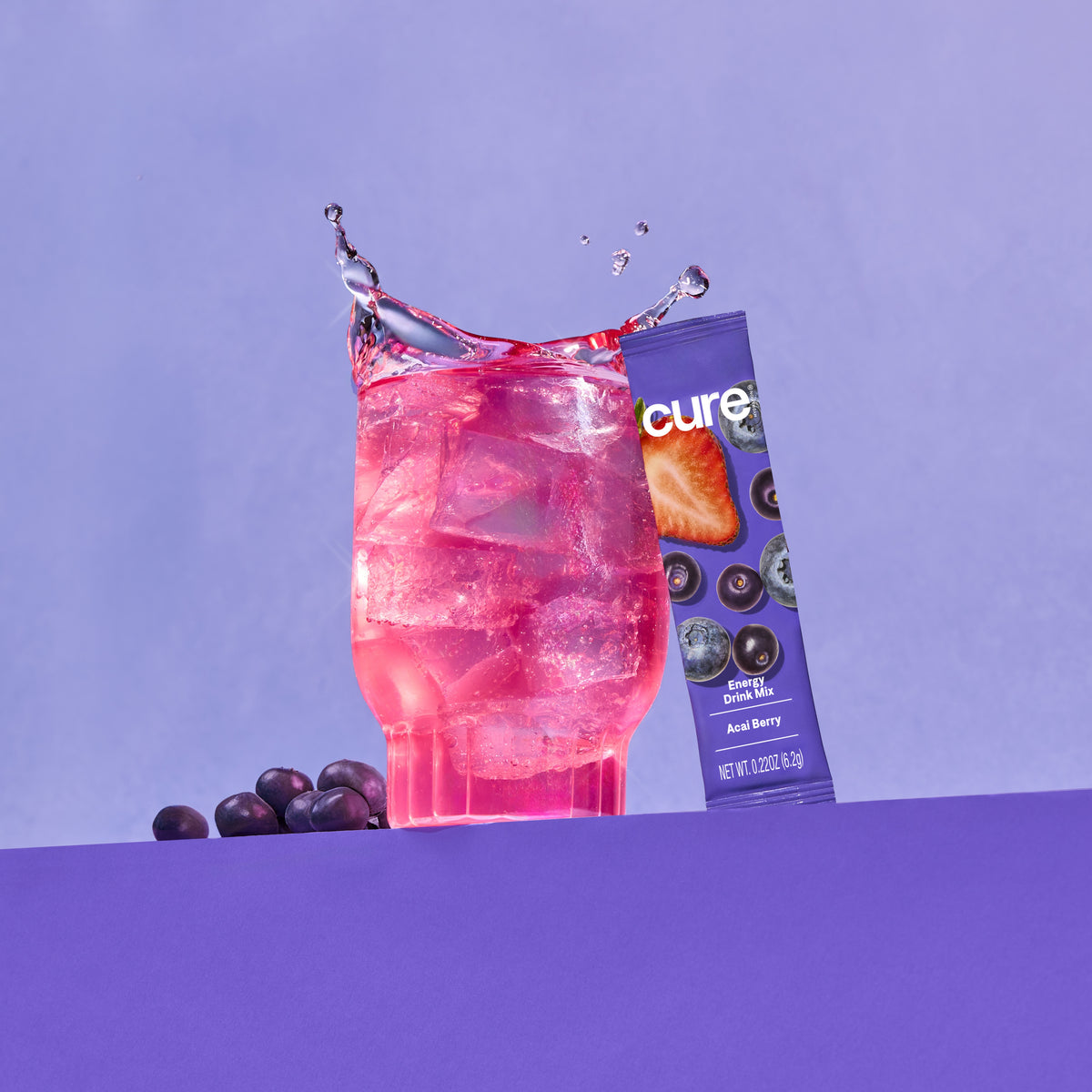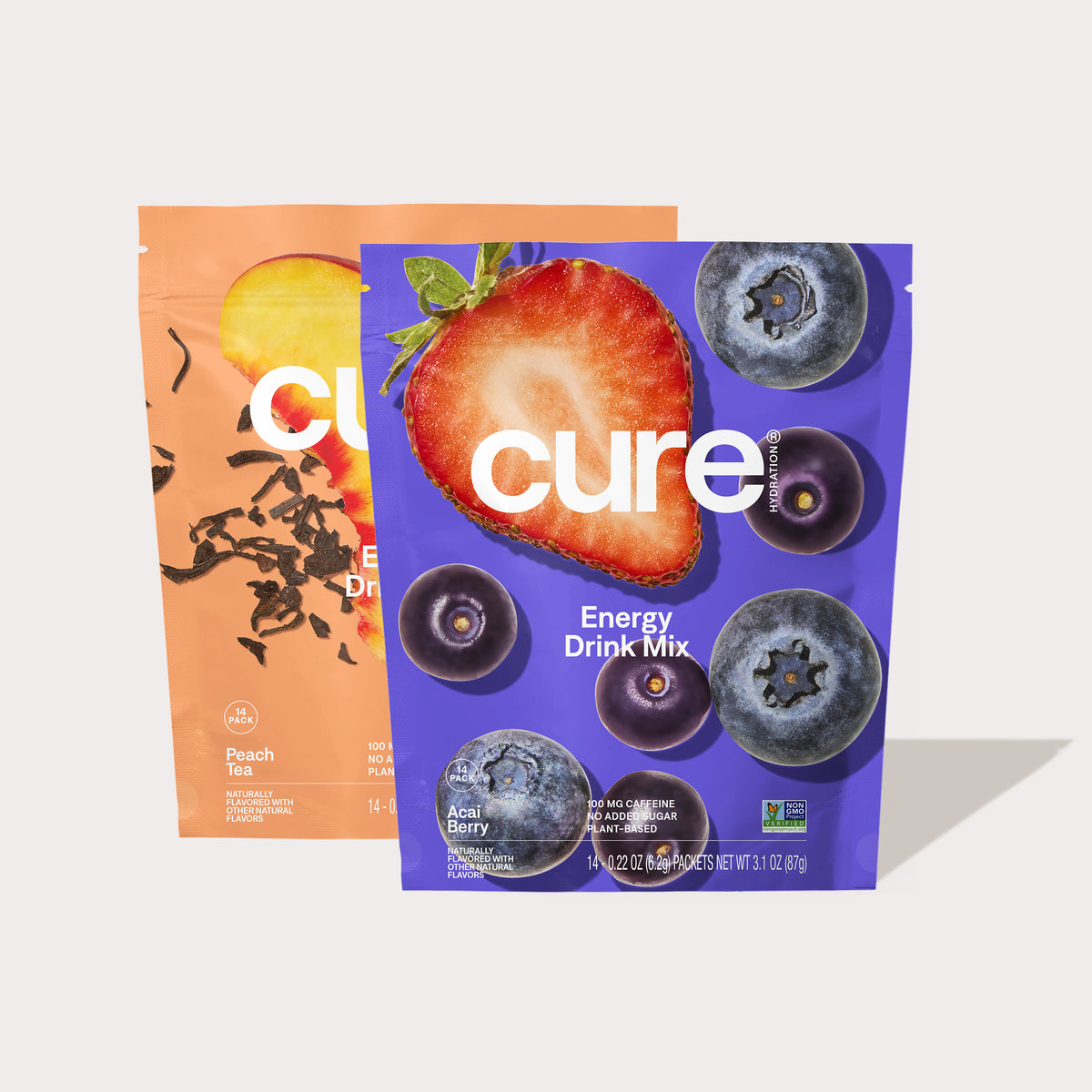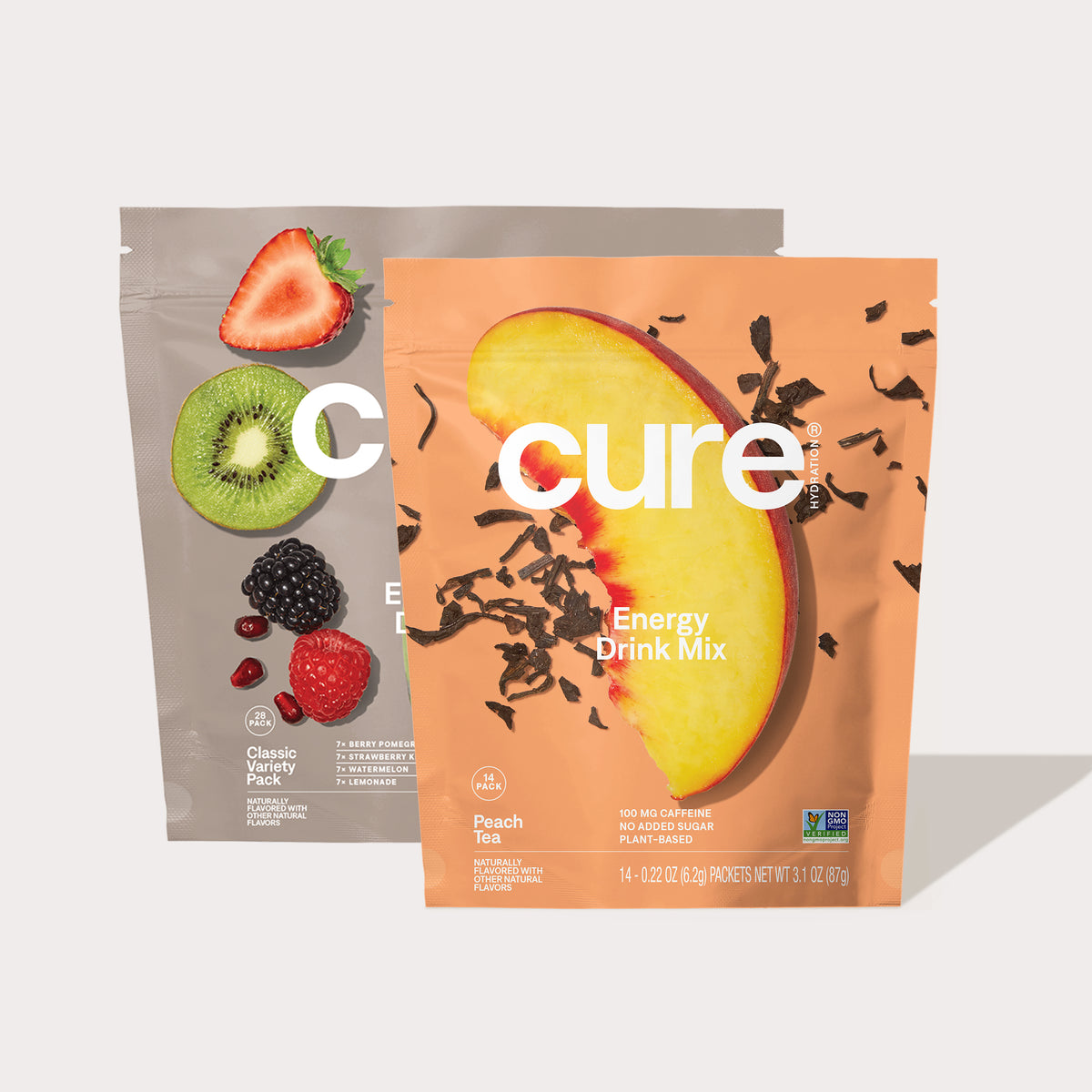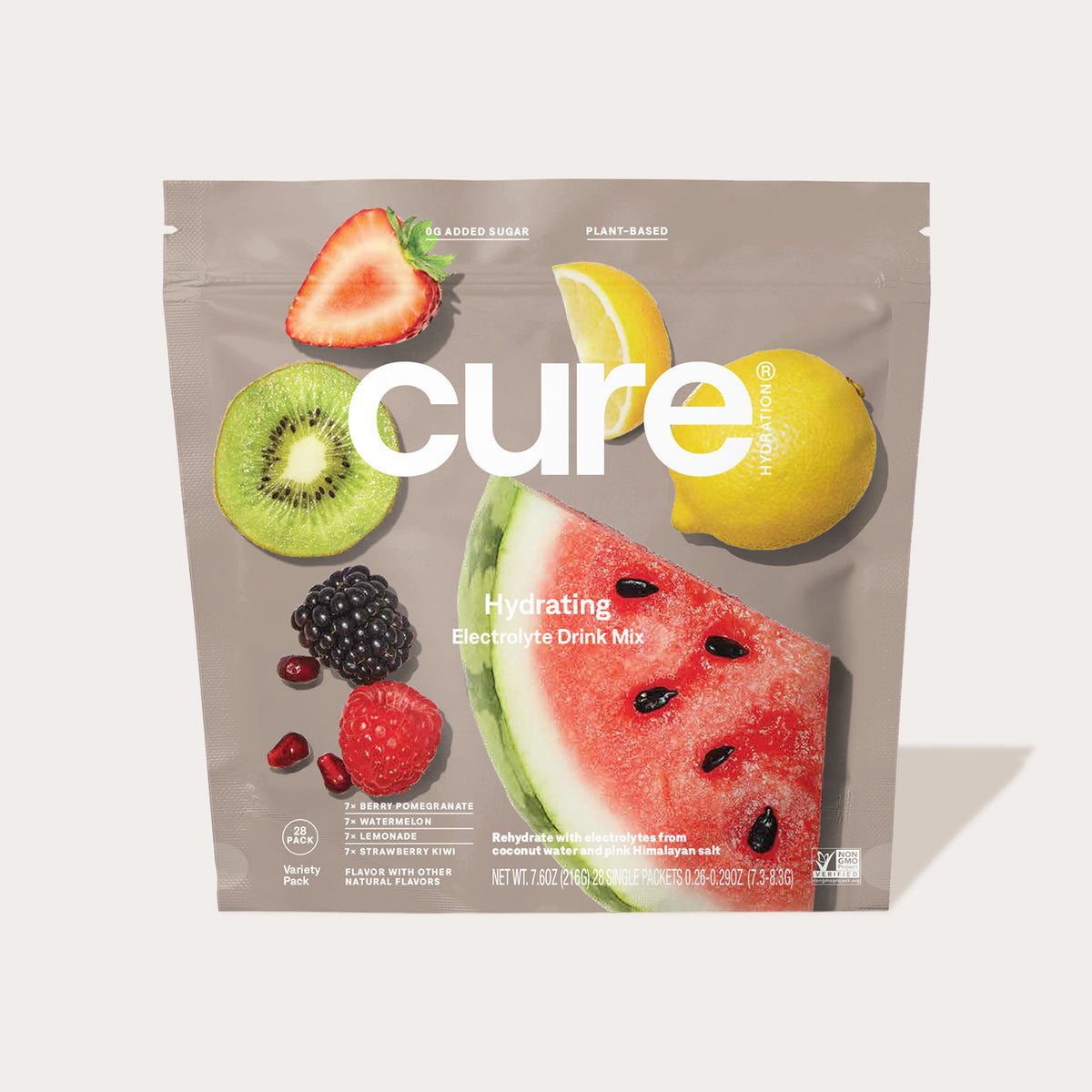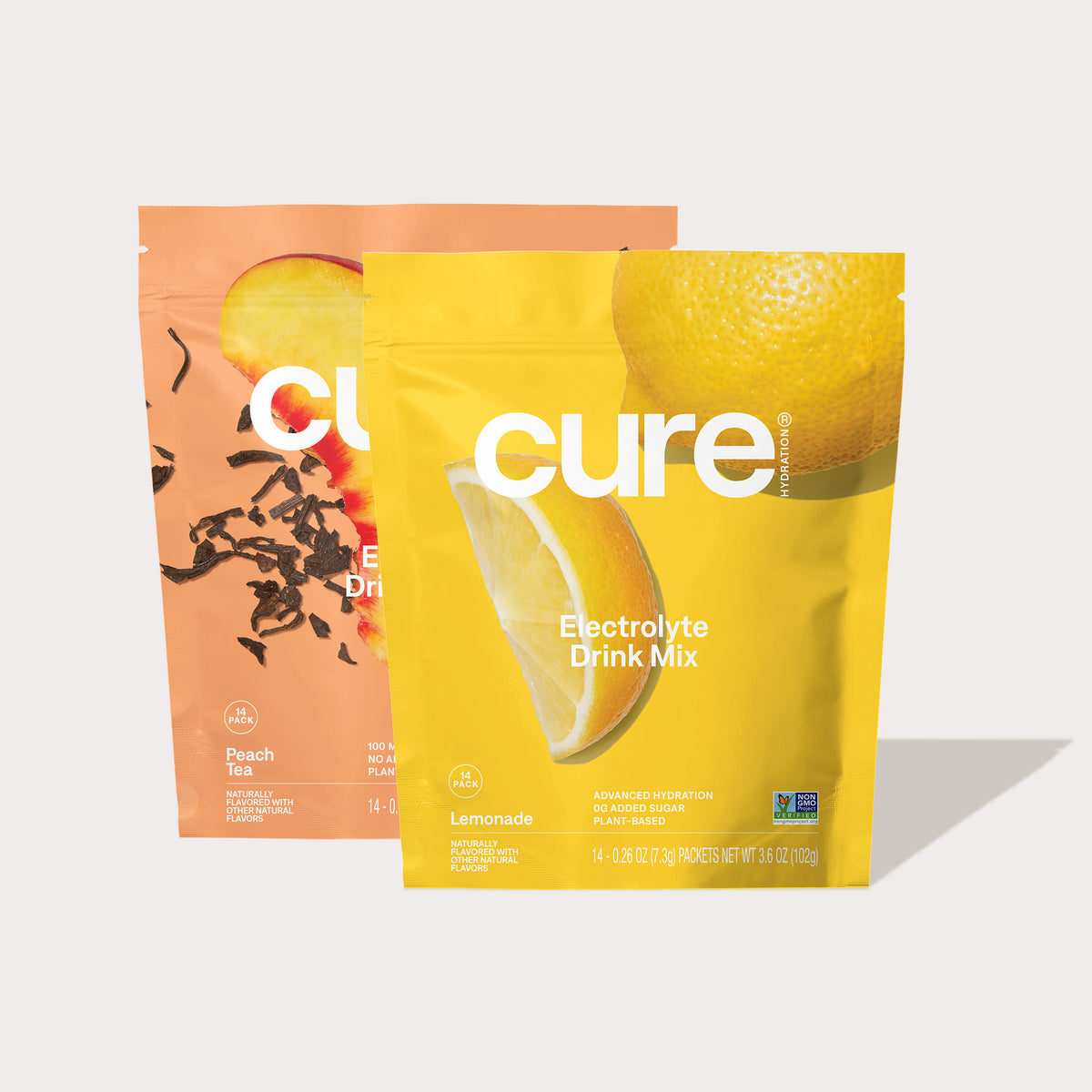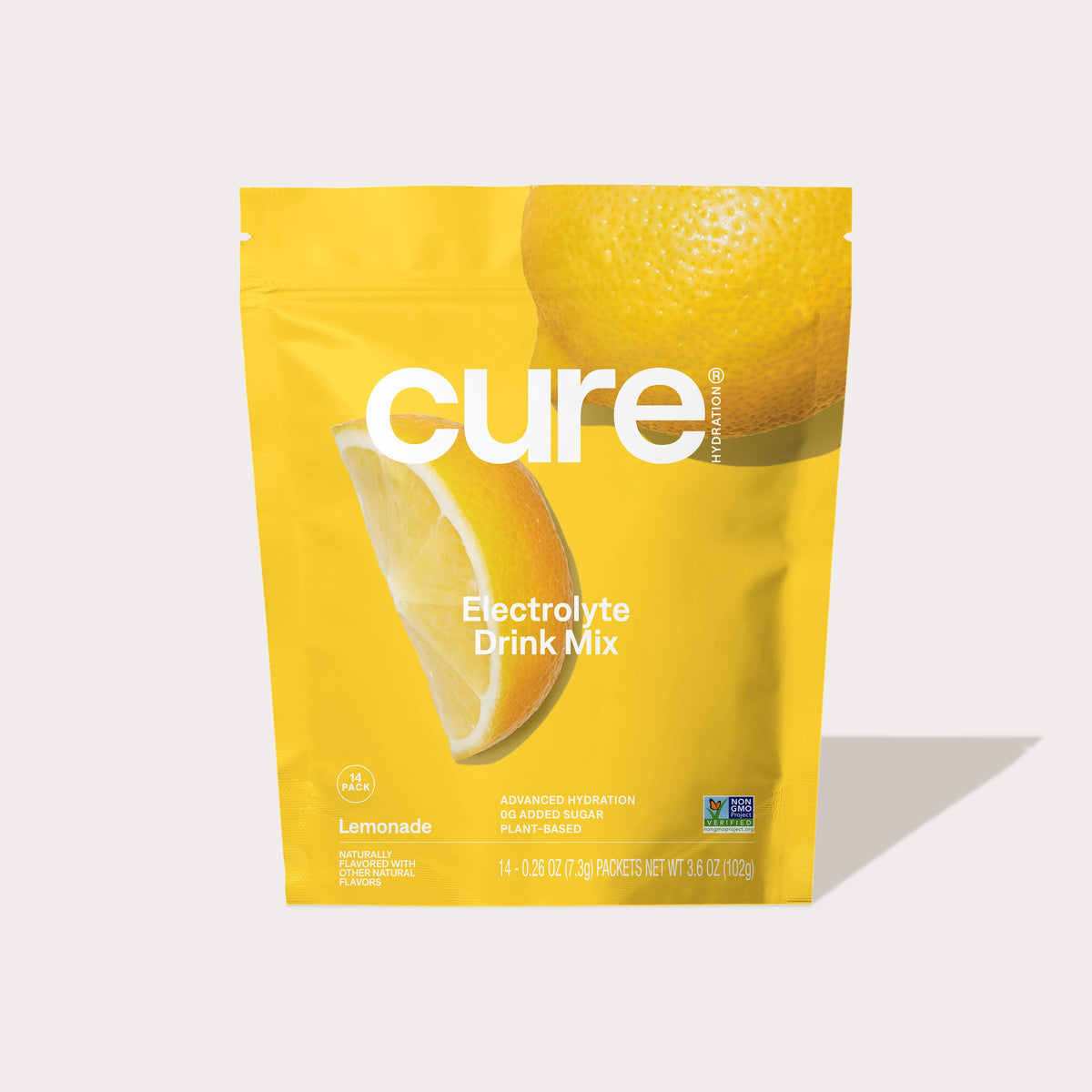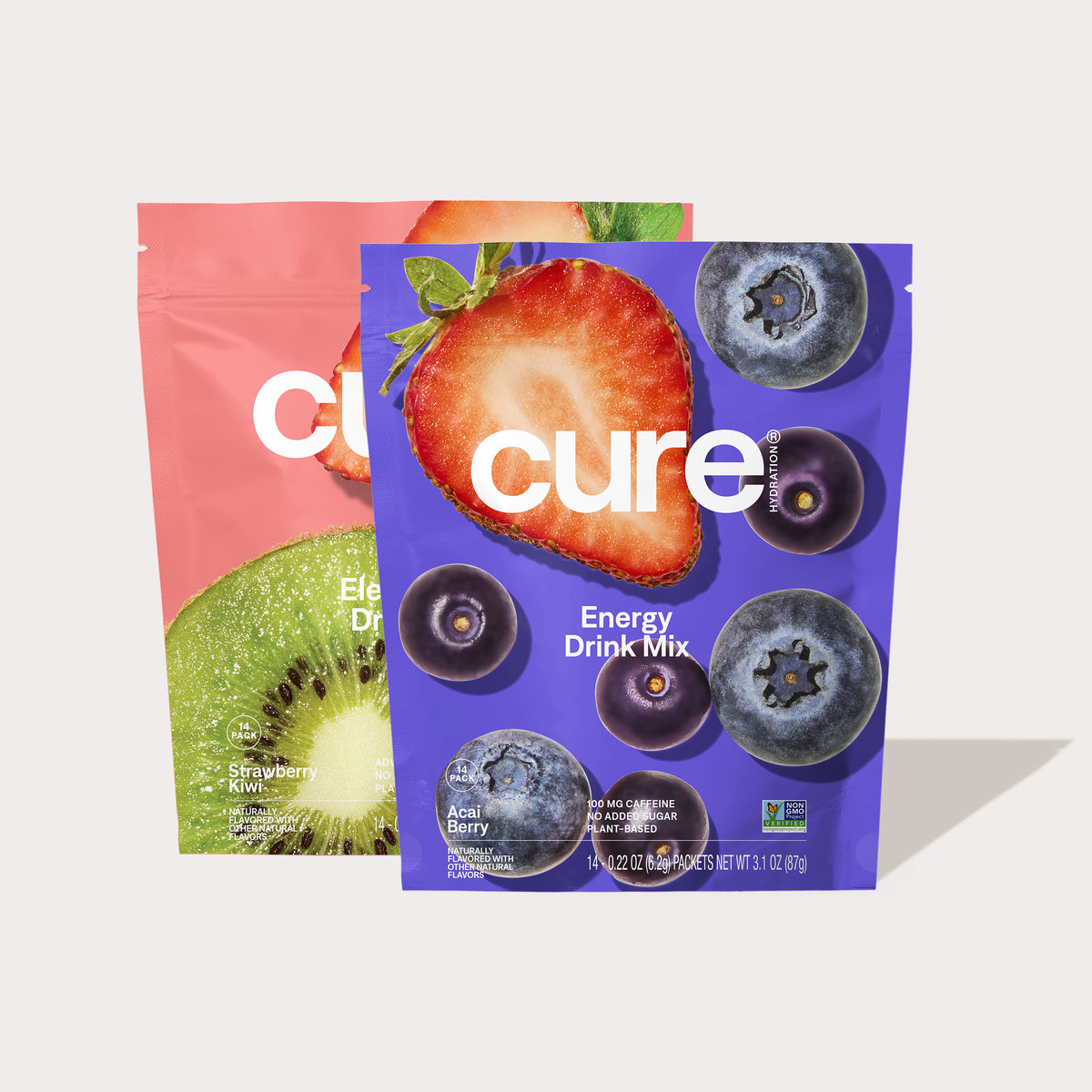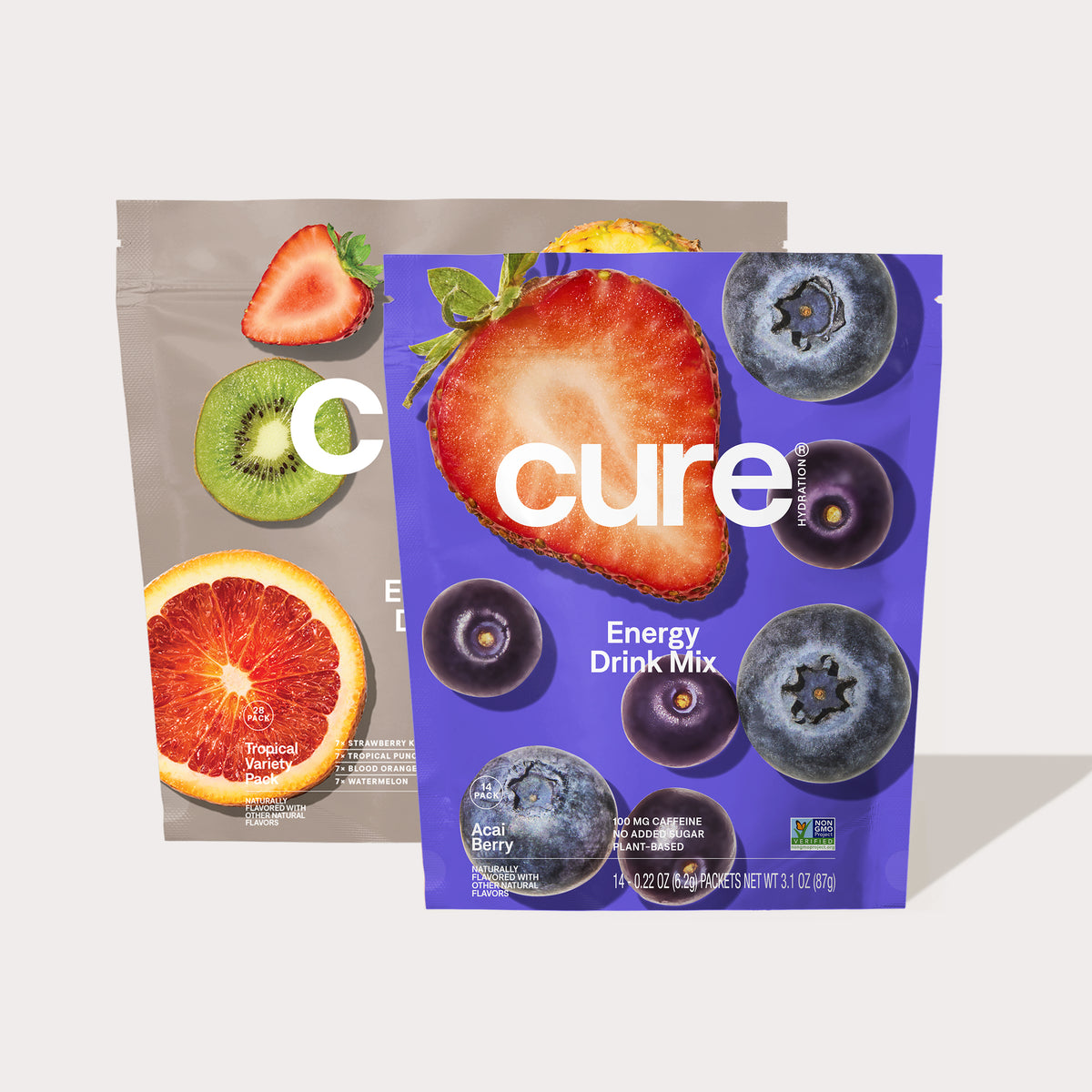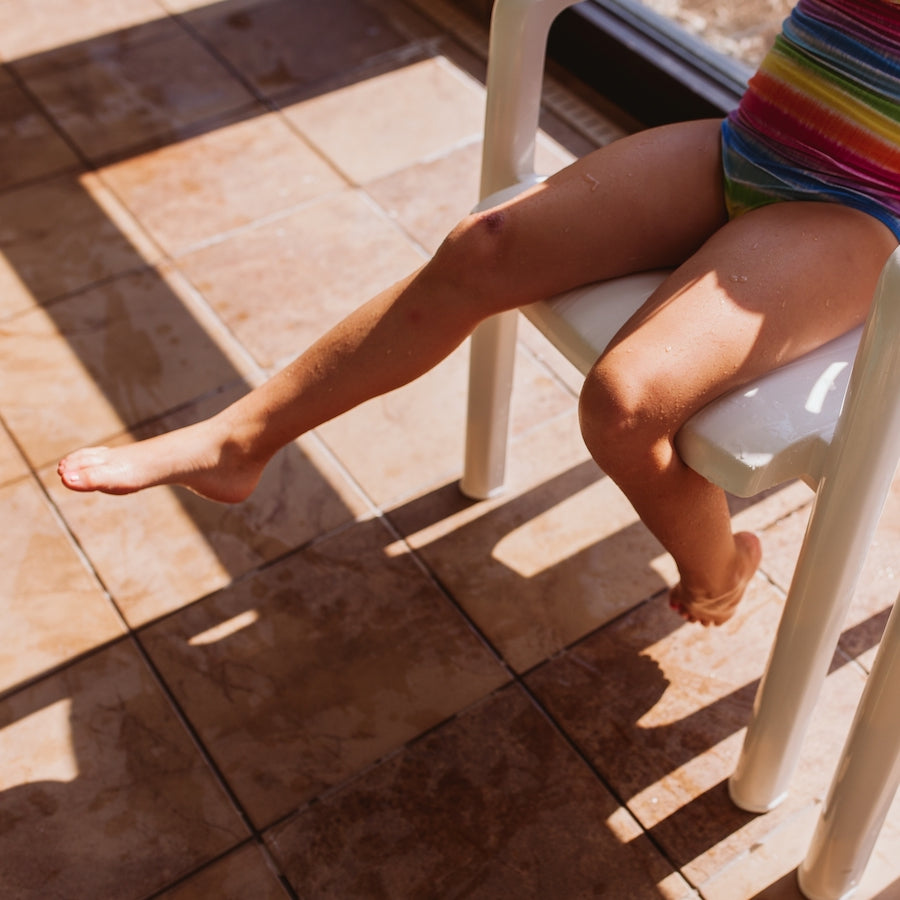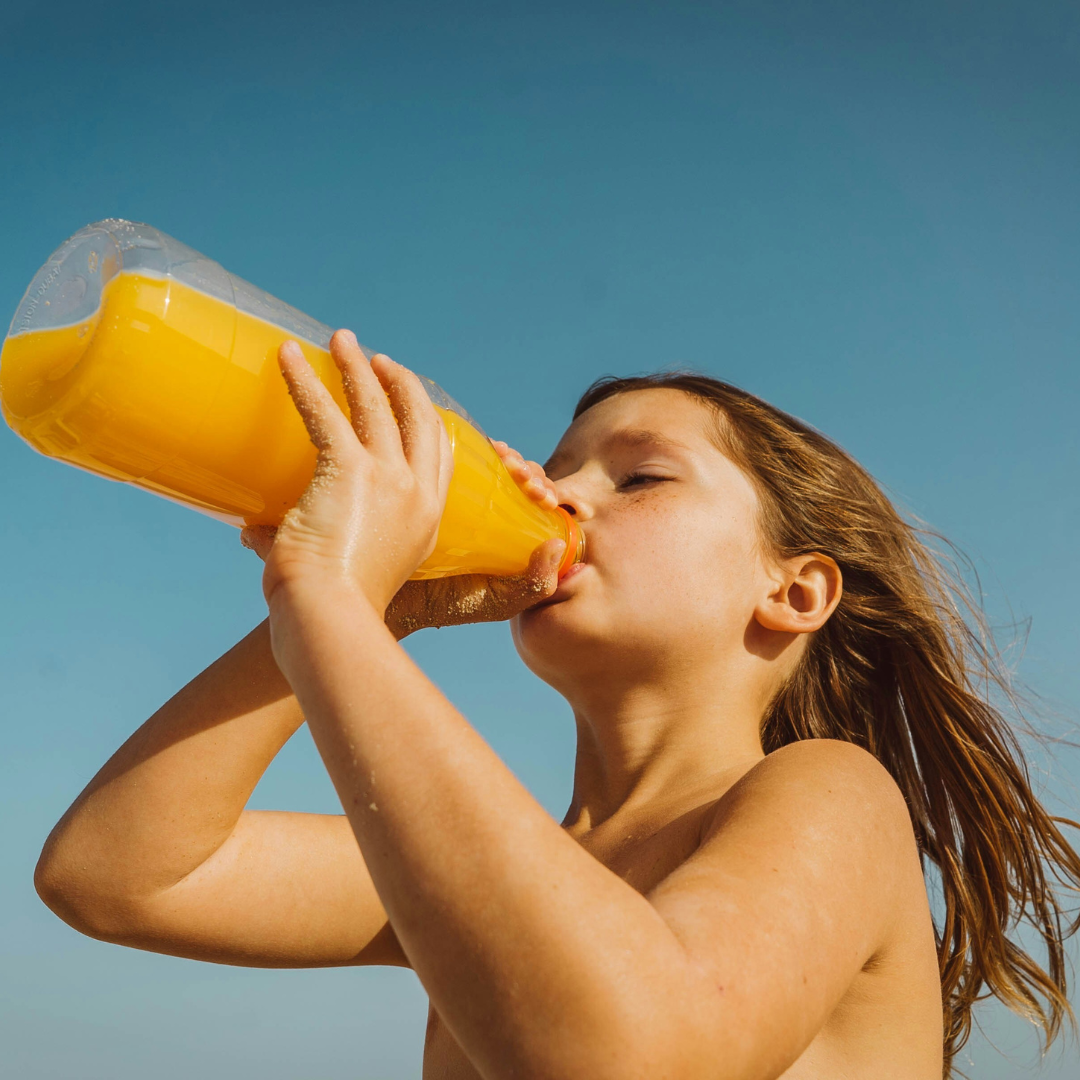We’re glad you asked.
Oral electrolyte solutions, often shortened to ORS for oral rehydration solution, are a valuable tool for humans of all ages.
ORS is a specific mixture of glucose and sodium that helps your bloodstream absorb electrolytes and water. Your sodium glucose transporter mechanism is triggered to rapidly rehydrate the body, using technology pioneered by the World Health Organization.
Part of what makes ORS so effective is its electrolytes. While ORS works due to an exact glucose-to-sodium ratio, the reason water is not enough on its own is because of electrolyte imbalances that cause dehydration. When you don’t have enough electrolytes, it’s harder for your body to effectively absorb water.
There are many reasons why toddlers may need an oral electrolyte solution. Whatever it may be, oral electrolyte solutions can help your child retain a healthy balance of electrolytes in their bodies. Like everything when it comes to your toddler, you only want the best for them. So what should you look for and watch out for when choosing one? We’re glad you asked.
Why Are Electrolytes So Important?
No matter the age, electrolytes are important to human functioning. They are essential for joint, blood, nerve, and other bodily functions. It also maintains your body’s pH balance so that you don’t become too acidic or alkaline. You lose electrolytes through sweat, but ideally should be replaced through a balanced diet.
The problem is that sometimes our bodies just can’t get enough electrolytes to maintain a proper balance.
For toddlers, their rapid metabolisms and tiny bodies make it easy for them to become dehydrated. If you’re familiar with a toddler’s tendency to reject healthy foods, they may not be getting the right amount of nutrients if their veggies are thrown across the room or tangled in their hair. Or if you’ve had to show them how yummy their food is and can only convince them once you’ve eaten most of it.
So as much as you think you want your metabolism from youth back, it’s much too easy for toddlers to slip into dangerous territory when it comes to their health.
As their electrolytes become unbalanced, it becomes more difficult for toddlers to gain proper hydration. As mentioned above, electrolytes are necessary for your body to be able to effectively absorb water.
When a toddler with an electrolyte imbalance becomes dehydrated, water alone is not enough to rehydrate them.
When Would a Toddler Need an Oral Electrolyte Solution?
Toddlers need at least two to four cups of water per day. But even if they are able to meet this goal, it is easy for young children to lose fluids from vigorous play and other activities. If they have an electrolyte imbalance, rehydrating through water becomes even more difficult.
What’s more, with their growing bodies and immune systems, toddlers are adjusting to all of the germs adults have already encountered and developed a resistance to.
Toddlers aren’t quite there yet. Runny noses, tummy troubles, and all sorts of ailments are common in young children. It’s easy to understand why, since kids aren’t as conscious about the presence of germs in their environment as we’d like for them to be.
If you travel often, motion sickness or eating unfamiliar foods can also cause stomach problems in your child. Any stomach illness can cause diarrhea, which depletes the body of fluids. Sometimes, dehydration can point to a bigger problem like a thyroid or kidney issue. It’s helpful to keep a record of your child’s symptoms if it becomes a chronic problem.
An oral electrolyte solution can be a quick way to rehydrate anyone in a timely manner, especially toddlers who may have an electrolyte imbalance. Always consult your child’s pediatrician before choosing an oral electrolyte solution to make sure it is the right choice to make. If they’ve already given the green light on it, then your next priority is to find the right one.
Signs of Dehydration in Toddlers
Unfortunately, young children can’t always tell us what’s wrong. It’s important to learn how to interpret physical and emotional signs of distress in toddlers. Make sure you’re always on the lookout for these signs and symptoms of dehydration:
- Low blood pressure
- Confusion
- Dry lips
- Dark-colored urine
- Dizziness or confusion
- Rapid heartbeat
If any of these signs happen right after coming in from hot weather or a lot of playing outside, these can be strong red flags of dehydration. Any serious symptoms should always be evaluated by a medical professional.
It is also important to know that children with chronic diarrhea issues can benefit from using an oral electrolyte solution in place of an IV at a hospital and is much easier to administer than an IV (not to mention much less expensive).
If you plan to have an oral electrolyte solution on hand for your toddler in case of emergencies or as a healthy alternative to sugary juices, consider using the advice that follows to choose the very best one.
Are the Ingredients Safe for Toddlers to Ingest?
You should always read nutrition labels carefully. This is also just as, if not more important, for your toddler’s health. Aim for oral electrolyte solutions that only contain ingredients you recognize. Also be mindful of the number of calories and other contents that are in the solution. If it’s full of sugar, that may make the problem worse than better. That’s why it’s essential to understand exactly what is on the label when you’re researching your options.
Does It Only Have Organic Ingredients?
When looking for the right electrolyte solution, look for ones that have premium organic and plant-based ingredients. Make sure any flavoring or added colors come from real, non synthetic sources. Just because it’s on the shelf doesn’t mean it should go in your body, let alone your toddler’s.
Sometimes flavors and coloring come from animal products, which isn’t always obvious when reading the labels. Eggs, bones, or secretions (yuck!) from animals can be used in order to make it taste good. But you should never have to sacrifice health for taste or vice versa.
The less processed food and drinks, the better. That’s why plant-based ingredients are the way to go when purchasing electrolyte solutions. Foods that are plant-based will likely say so on the label. If it is USDA approved, that means the food was grown without any synthetic fertilizer or pesticides. While there are some exceptions, most food labeled as organic won’t be treated with anything other than sunshine, water, and proper care.
Are There Any Added Sugars?
Toddlers and kids in general love sugar. There’s no question about it. But healthy habits start early and are easier to maintain when you do so. So reducing any unnecessary sugars will set them up for a healthy life. Plus as a parent of a toddler, you already know they don’t need any extra sugar anyhow. They truly put the “rush” in a sugar rush.
Even if it’s tempting to give into a tantrum over wanting a certain food or drink at the grocery store, keep this in mind: Americans consume 77 grams of added sugar per day. The recommended amount for men is 36 grams while 25 grams is enough for women. See the problem? So while it is hard to be strong, your kid will thank you for establishing healthy habits with them. If you want it to really stick, remember to model healthy eating habits for them to copy as well. They love acting like grownups do!
If you’re still not convinced, consuming too much fluids or sugary beverages can cause toddlers to develop “toddlers diarrhea”. While this type of diarrhea may not cause dehydration, you still don’t want your child to experience something completely preventable. Ditch the high fructose juices and other processed drinks for good and you’ve already narrowed down your choices.
Does It Actually Taste Good?
If you have trouble drinking plain water or other healthy foods without something extra, then we can guarantee it’ll be much harder to convince a toddler to eat or drink something that’s yucky. This is where the sugar pitfall comes into play.
You may think the only way to get a toddler to drink an electrolyte solution is to find one with bright colors and fun characters. We’ll admit that with the way small children are, you might need to get creative with presentation. But once you find the right solution with the right taste, it won’t be as hard to convince them. Cure’s products are colorful! (naturally of course, no food coloring or synthetic ingredients to get it that way!)
Is It Worth the Money You’re Paying?
Finding options with high quality ingredients may mean you pay a little more. Clearly if it doesn’t meet the previous criteria, it already isn’t worthy of your wallet. Considering that the average cost of raising a child is over $230,000 by the time they turn 18, we think that’s a pretty reasonable approach.
When out shopping, the electrolyte solution you buy should not have any added sugars or other ingredients that are just unnecessary filler. So if it doesn’t pass every test, don’t even give it a second look.
We’ve Got What You’re Looking For
It’s powerful to demand more from the brands you buy and never settling for less. That’s how Cure came to be, through one person’s desire to find a solution to dehydration and electrolyte imbalance that was plant-based, vegan, and actually good for you.
Taking care of ourselves and your loved ones is more important than ever. But when it comes to making choices, the path forward isn’t always clear. Cure Hydration will help you make the right choice when it comes to your overall wellness.
Our pledge is to create products that use premium and organic ingredients and are scientifically proven to be effective.
Sources:
How Much Water Should Kids Drink? | Children's Health Orange County
How much sugar is too much? | Heart.org
Treating Dehydration with Electrolyte Solution | Healthy Children.org

